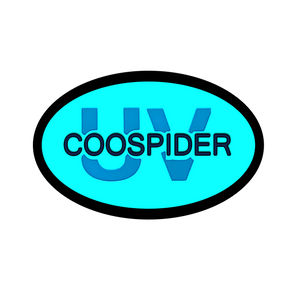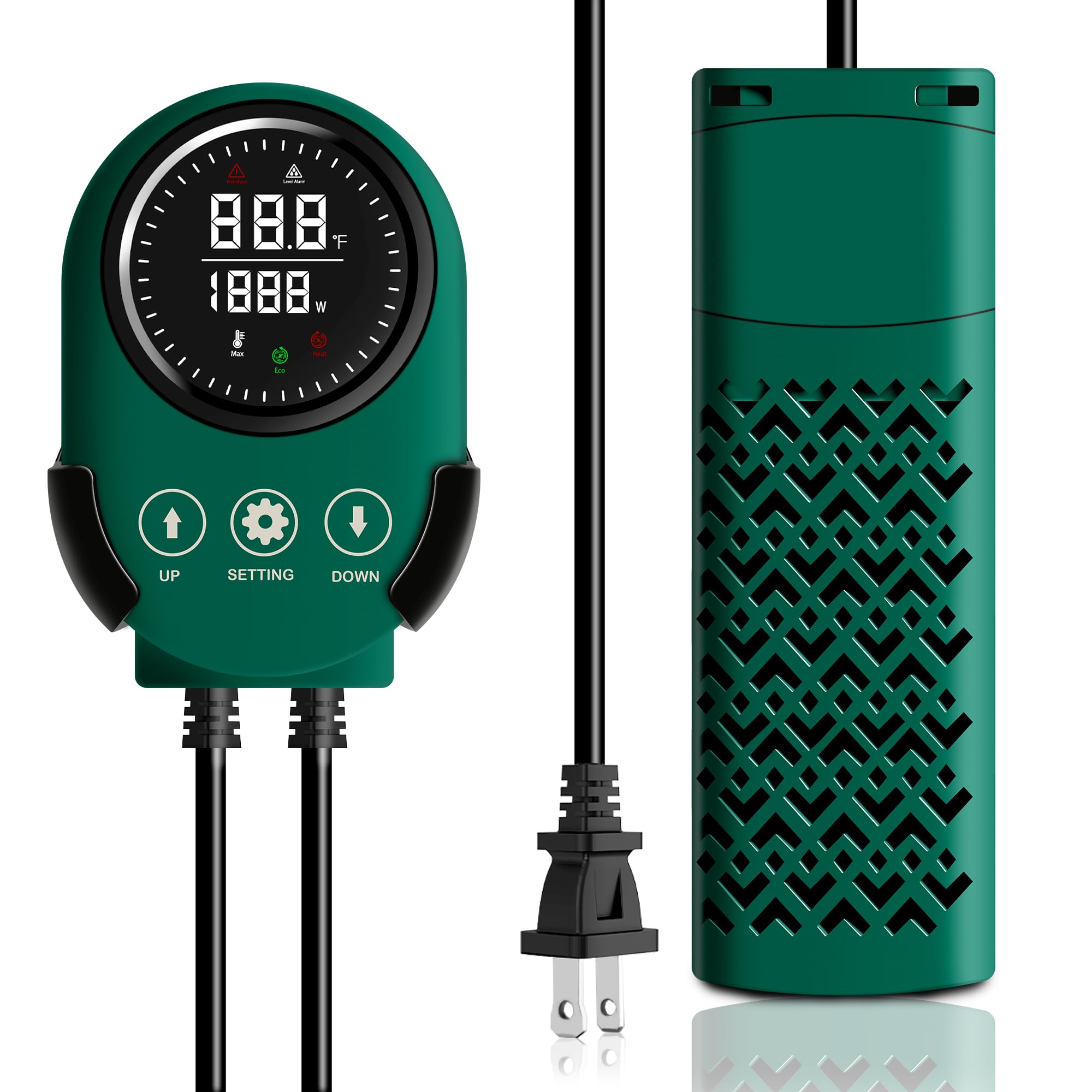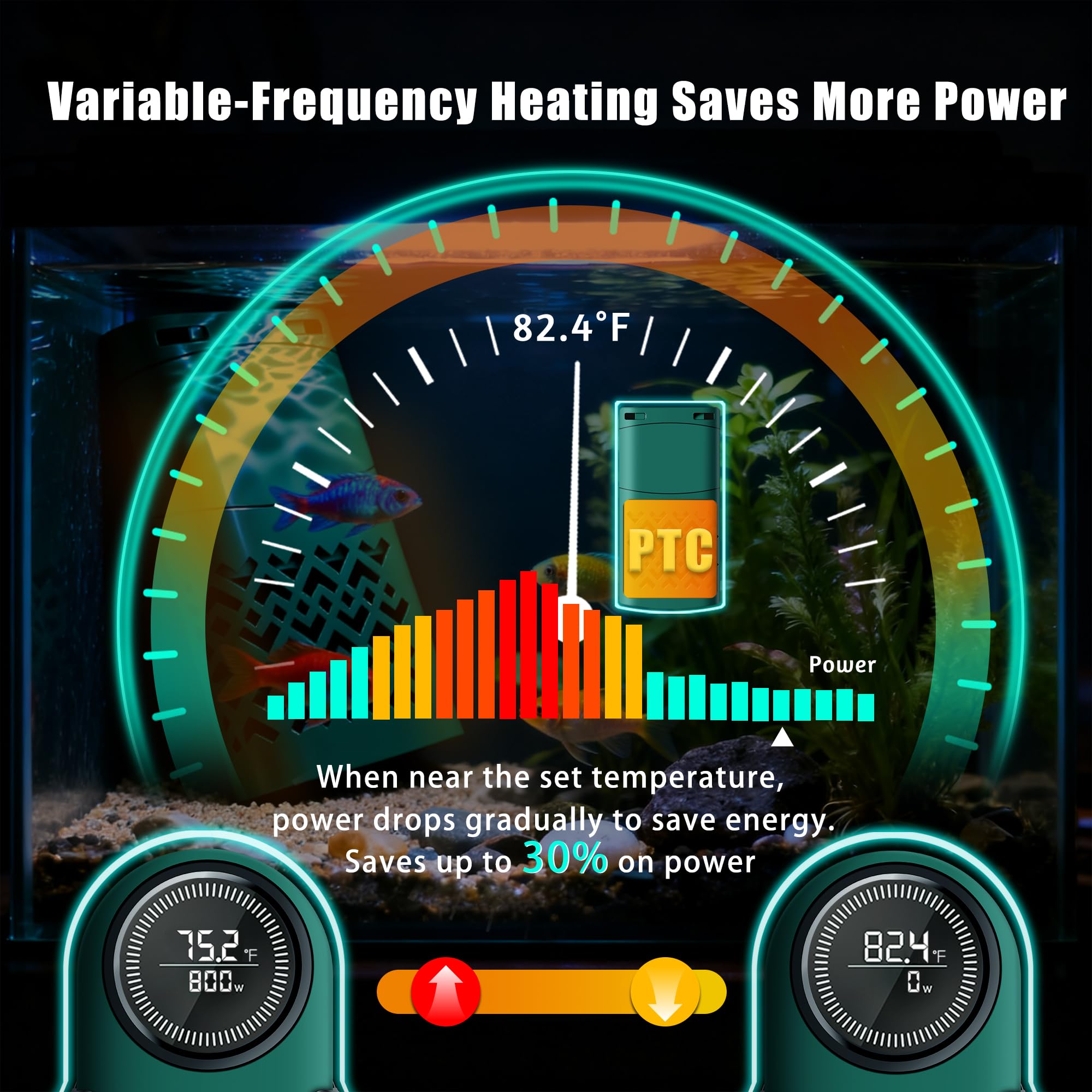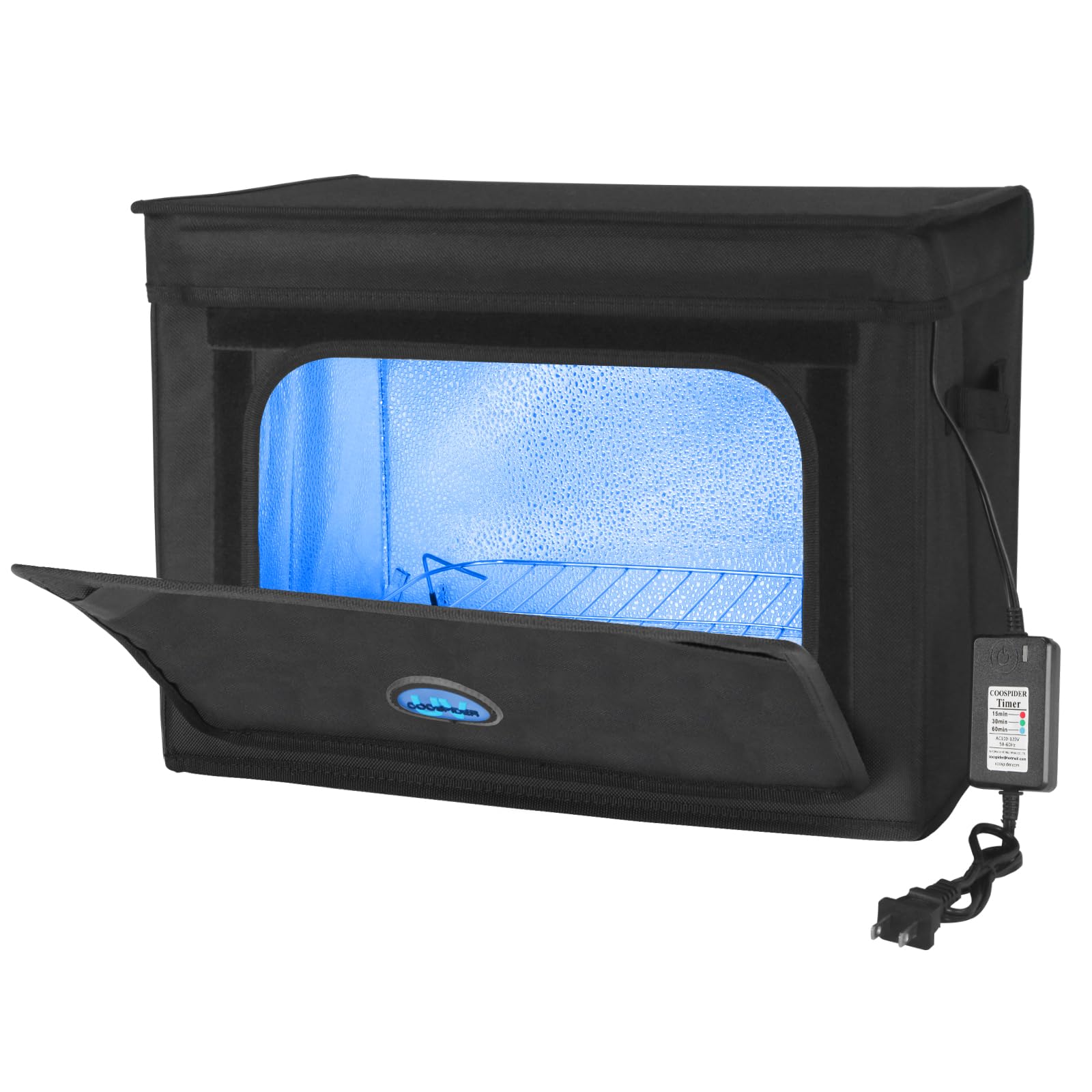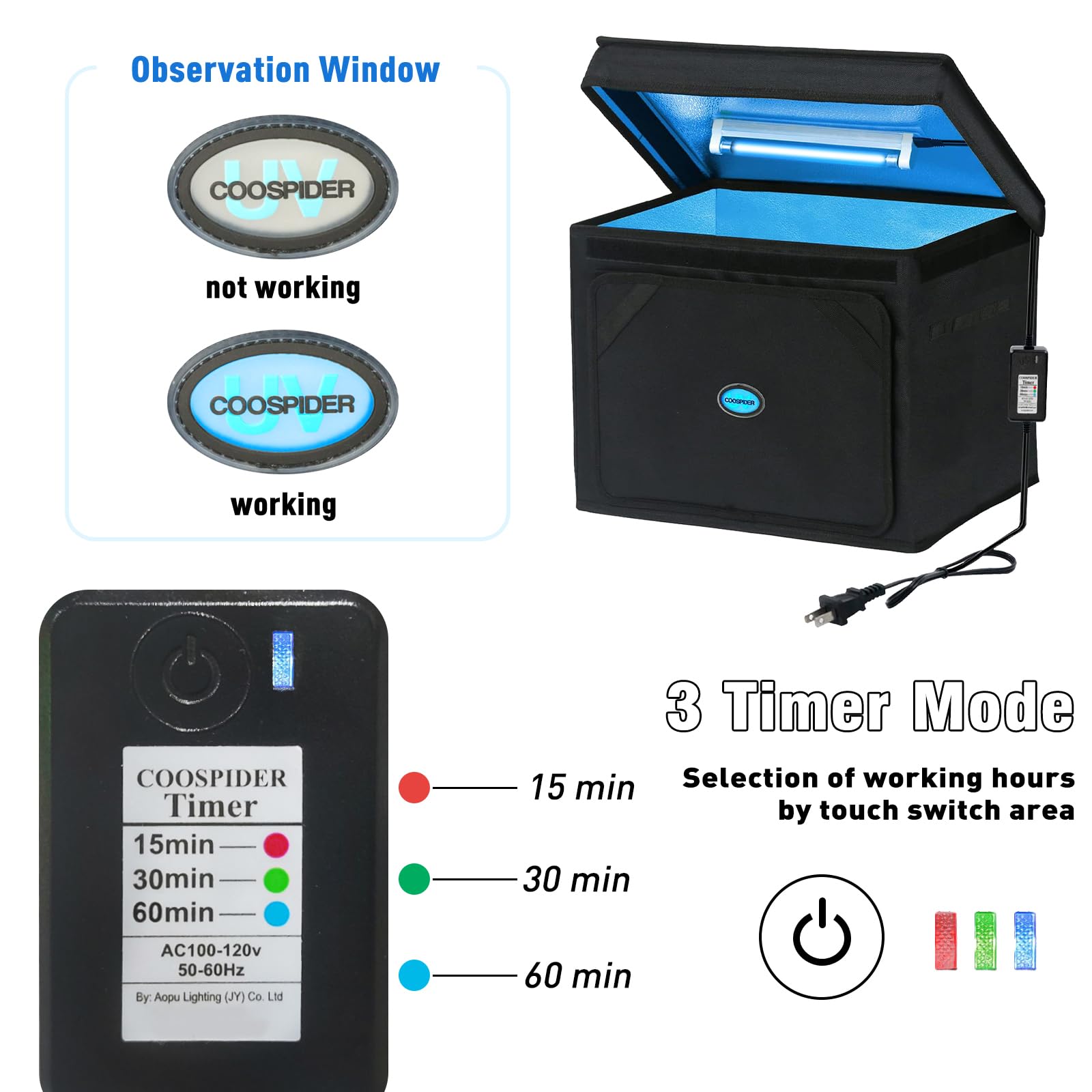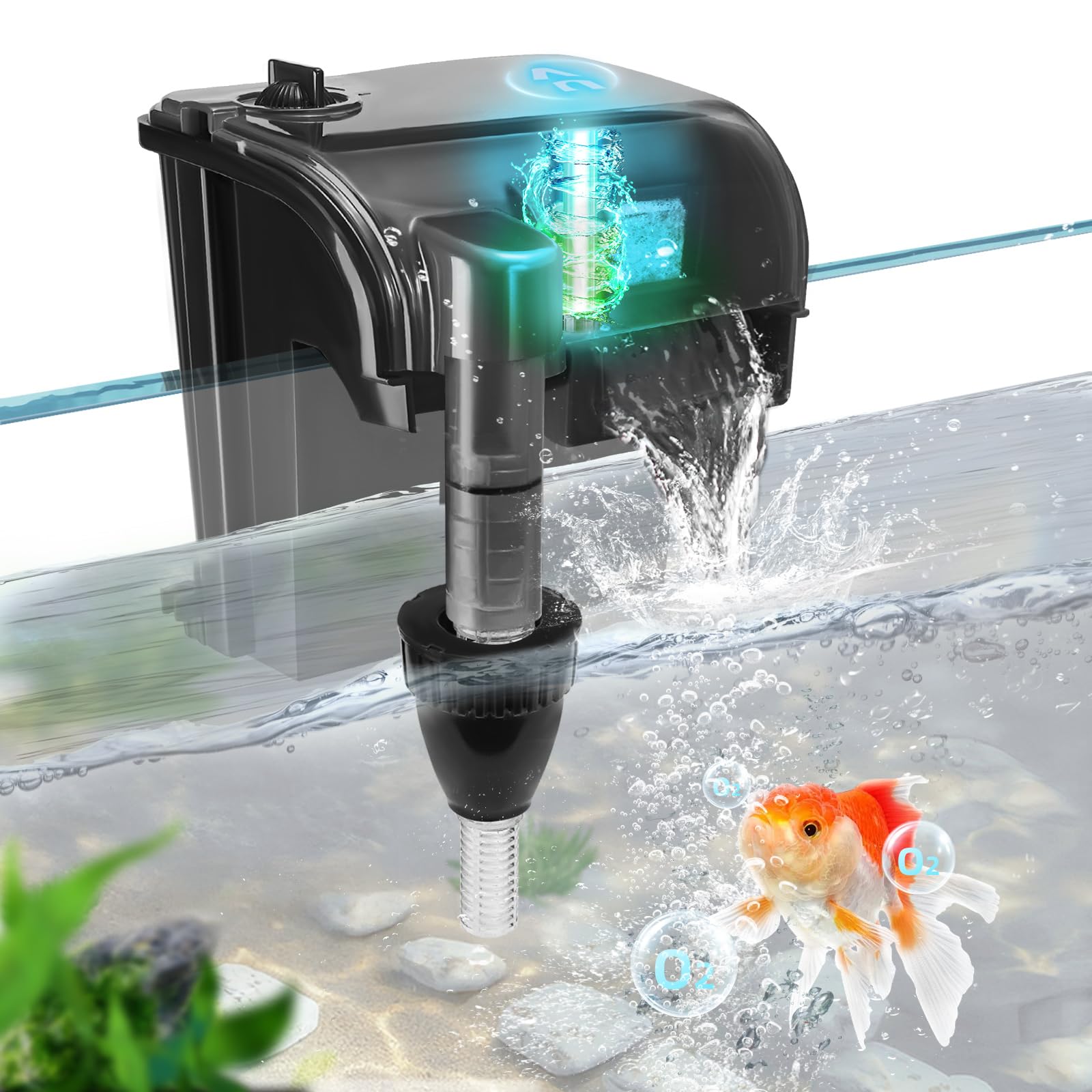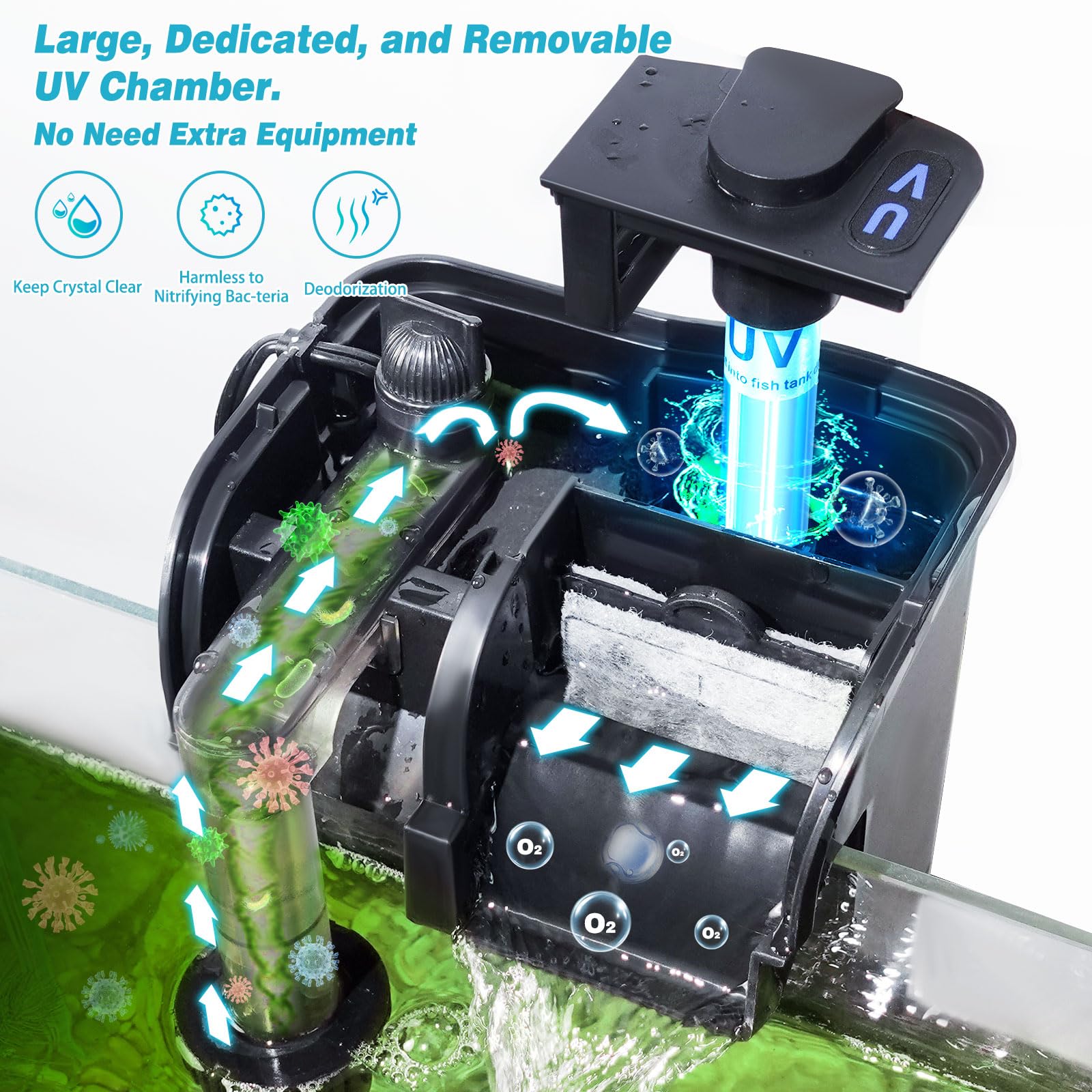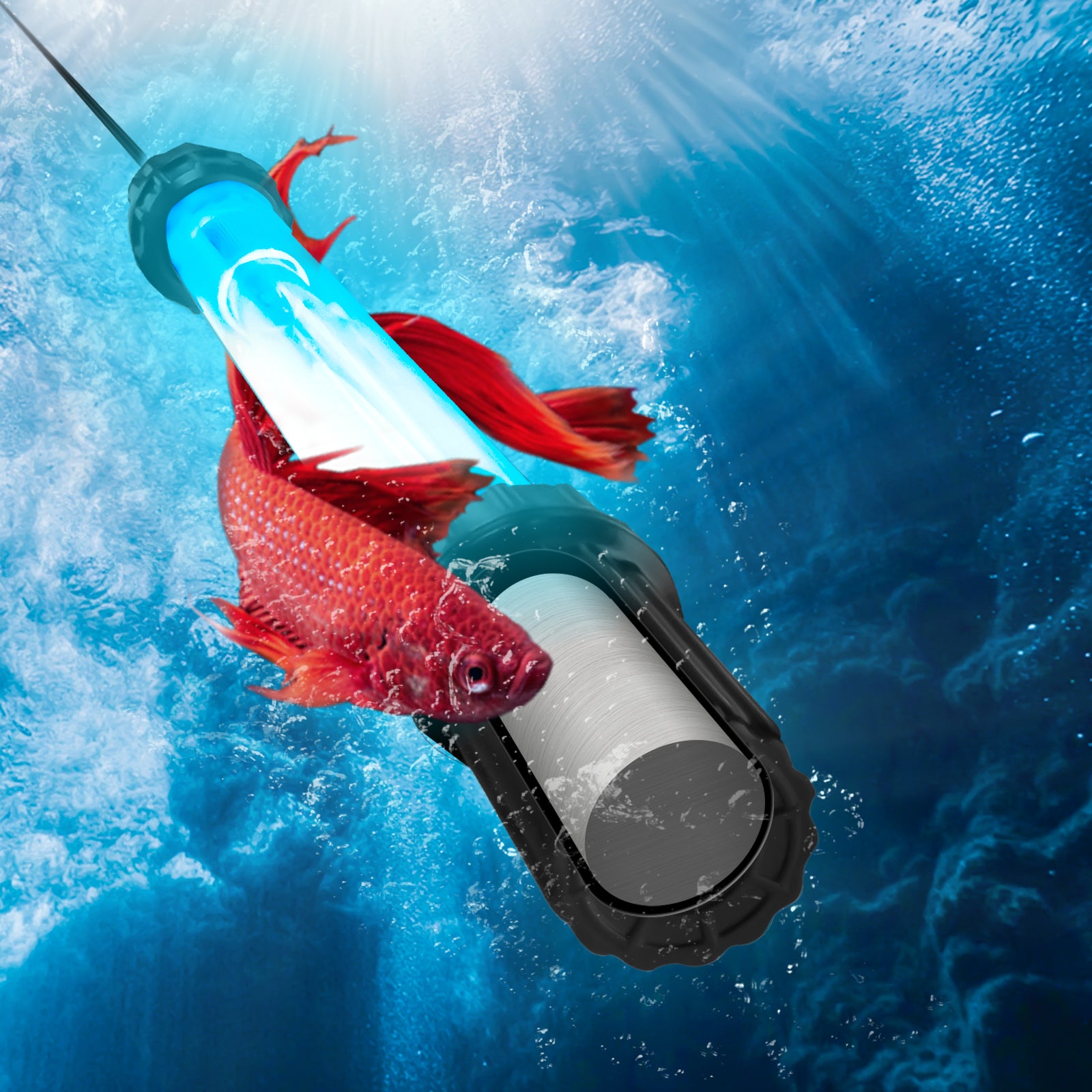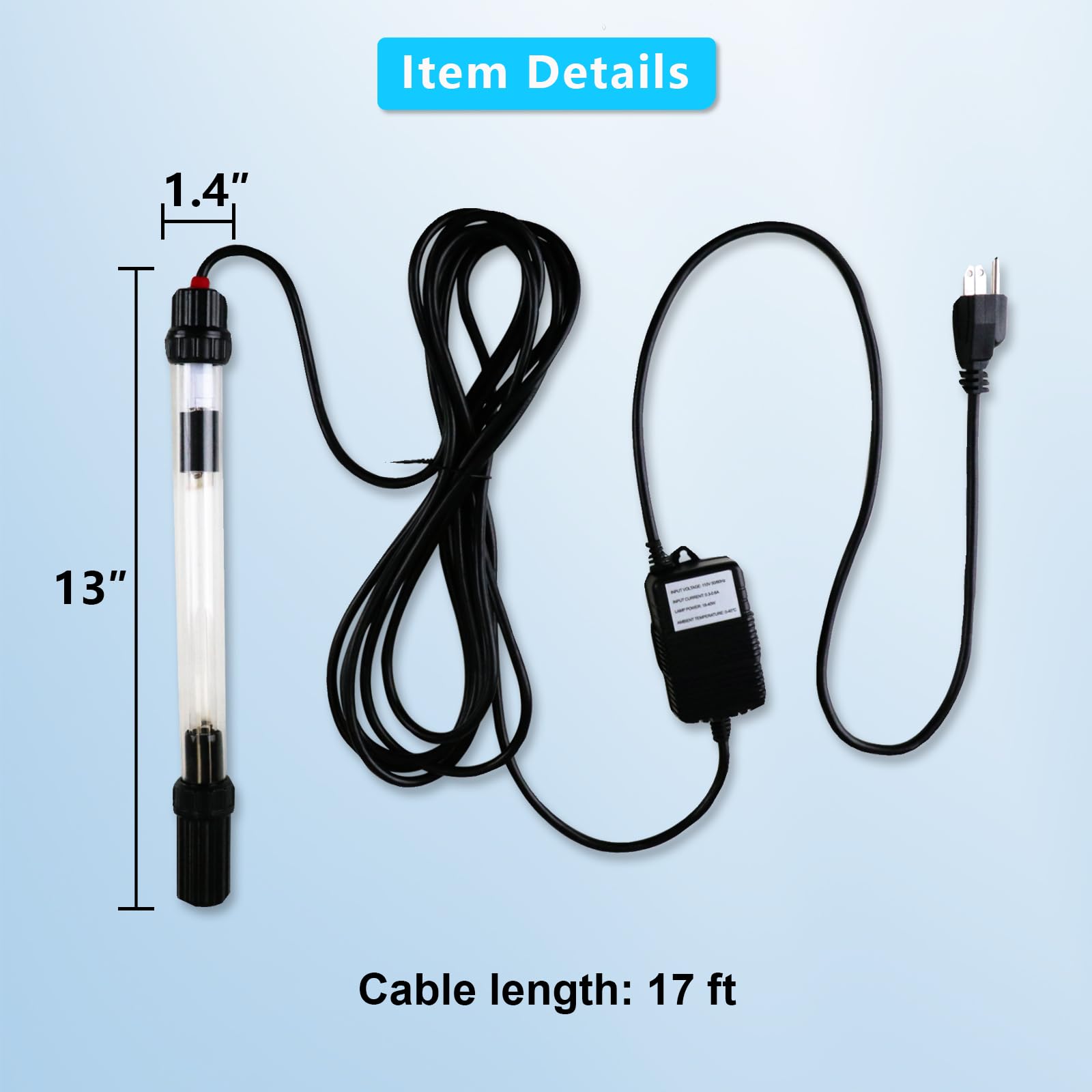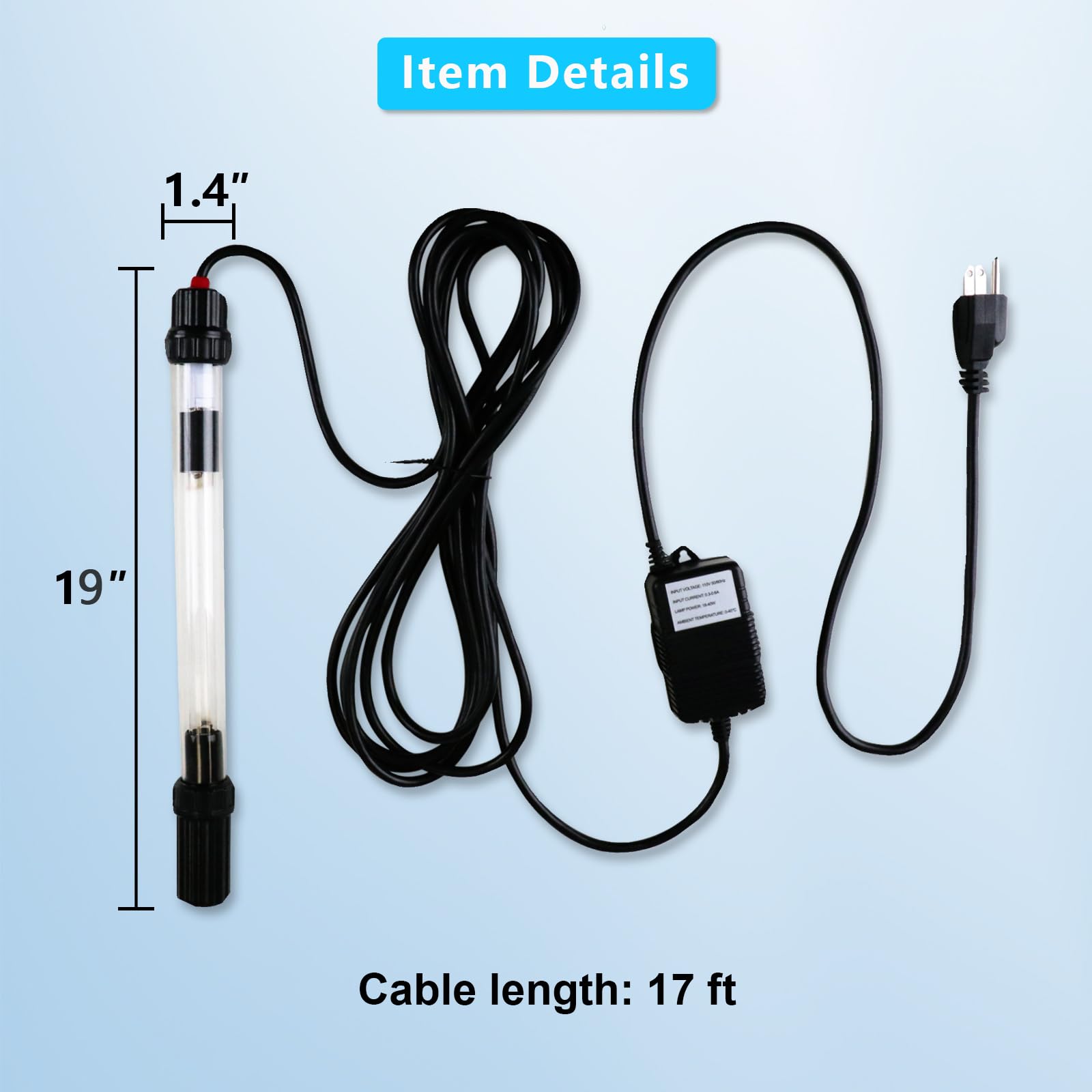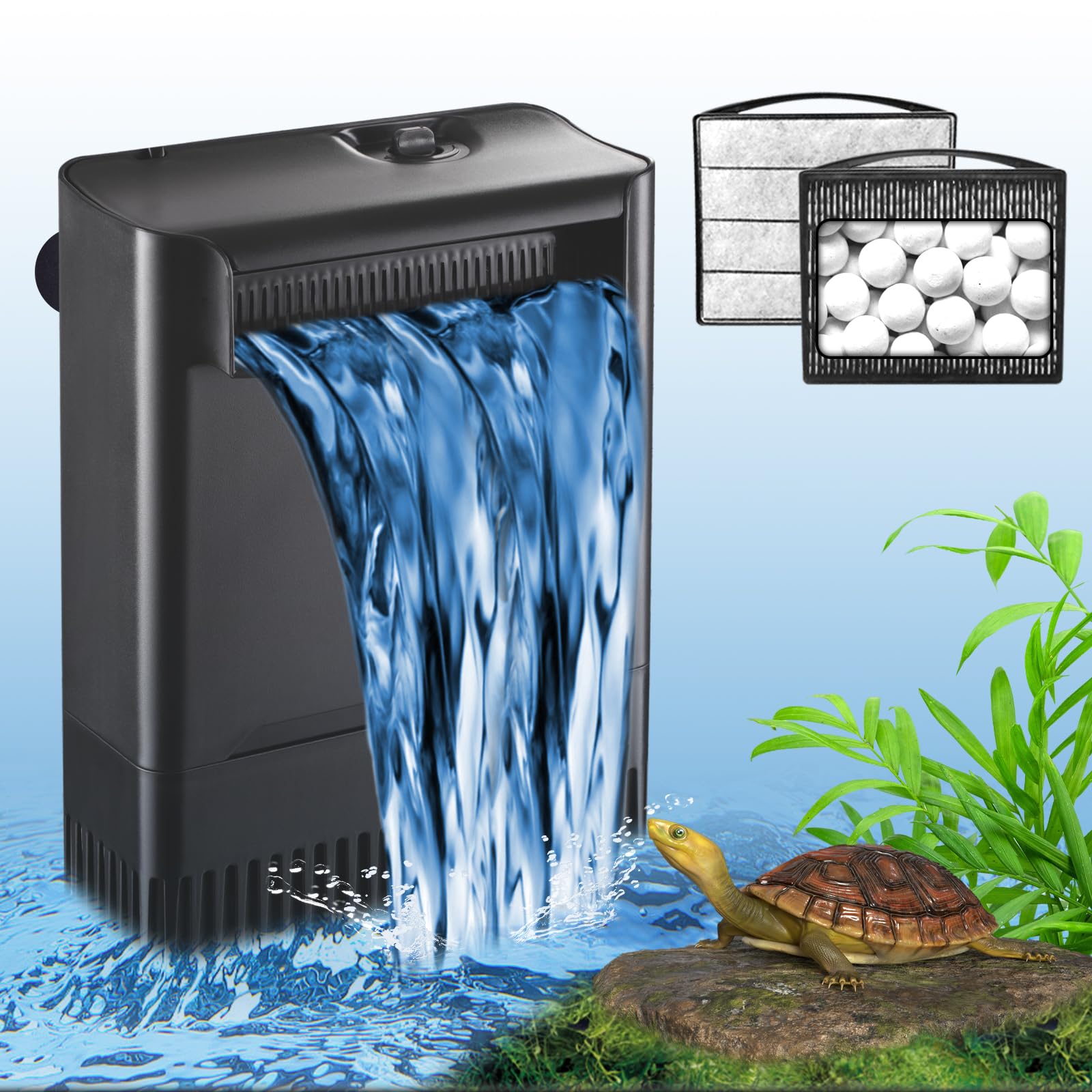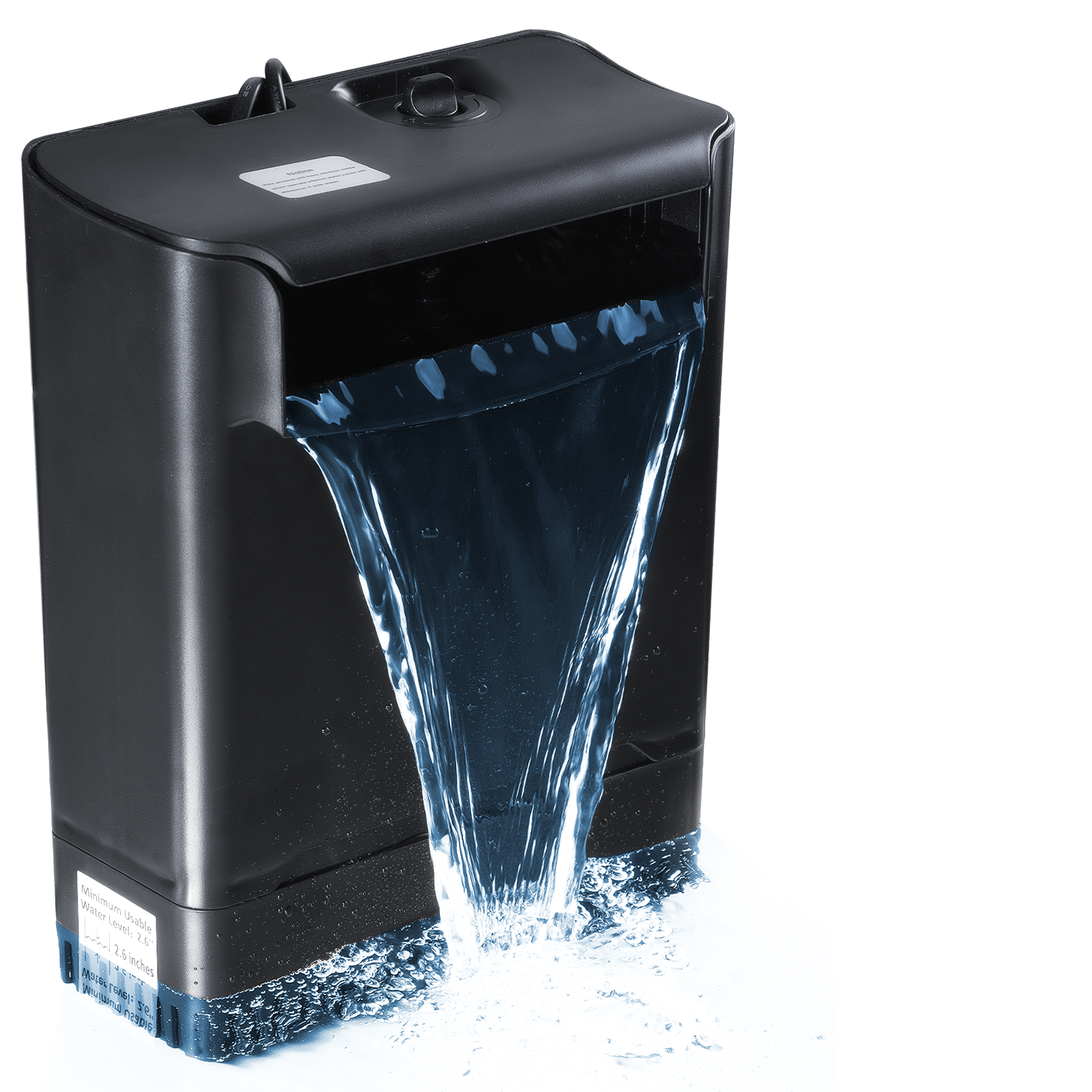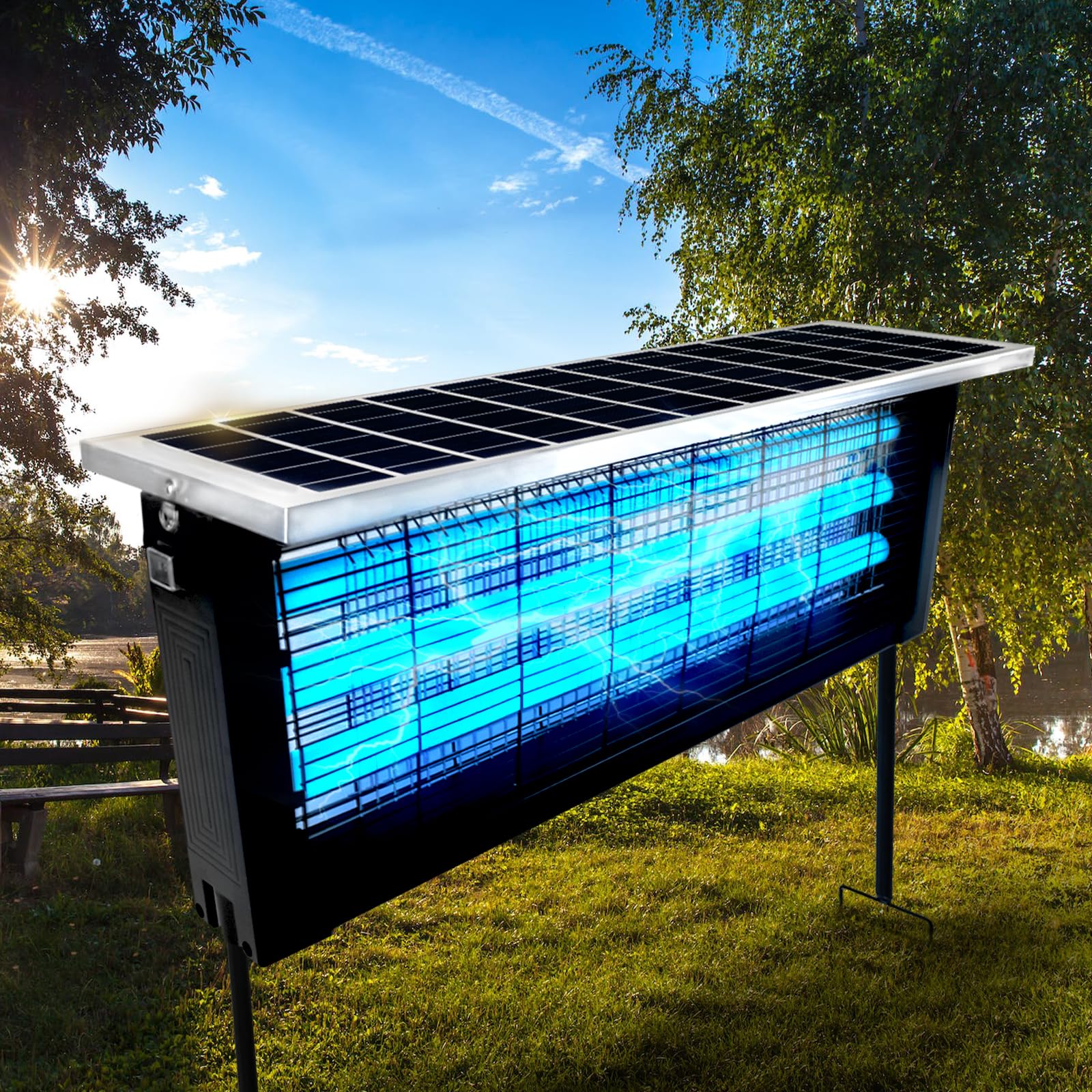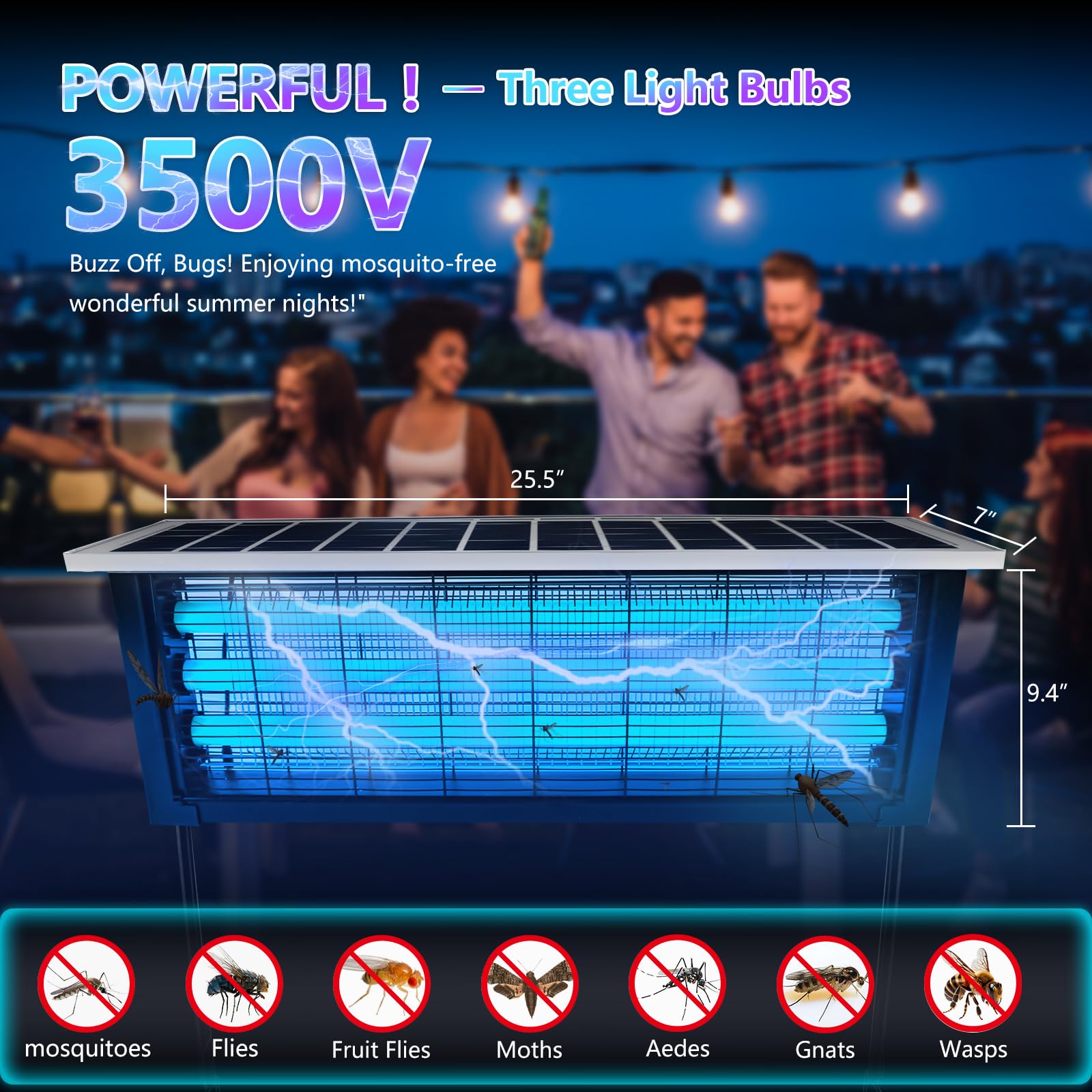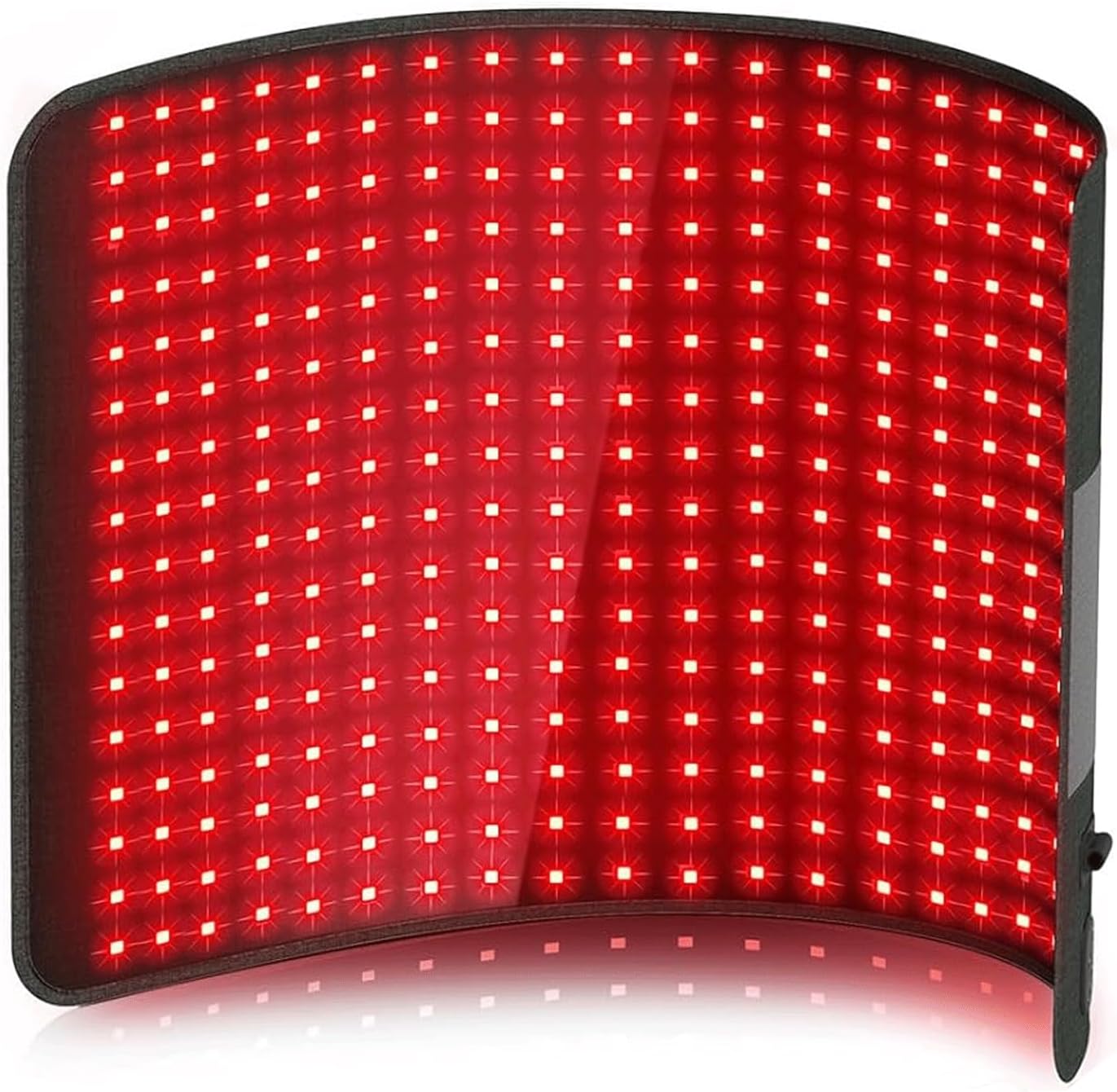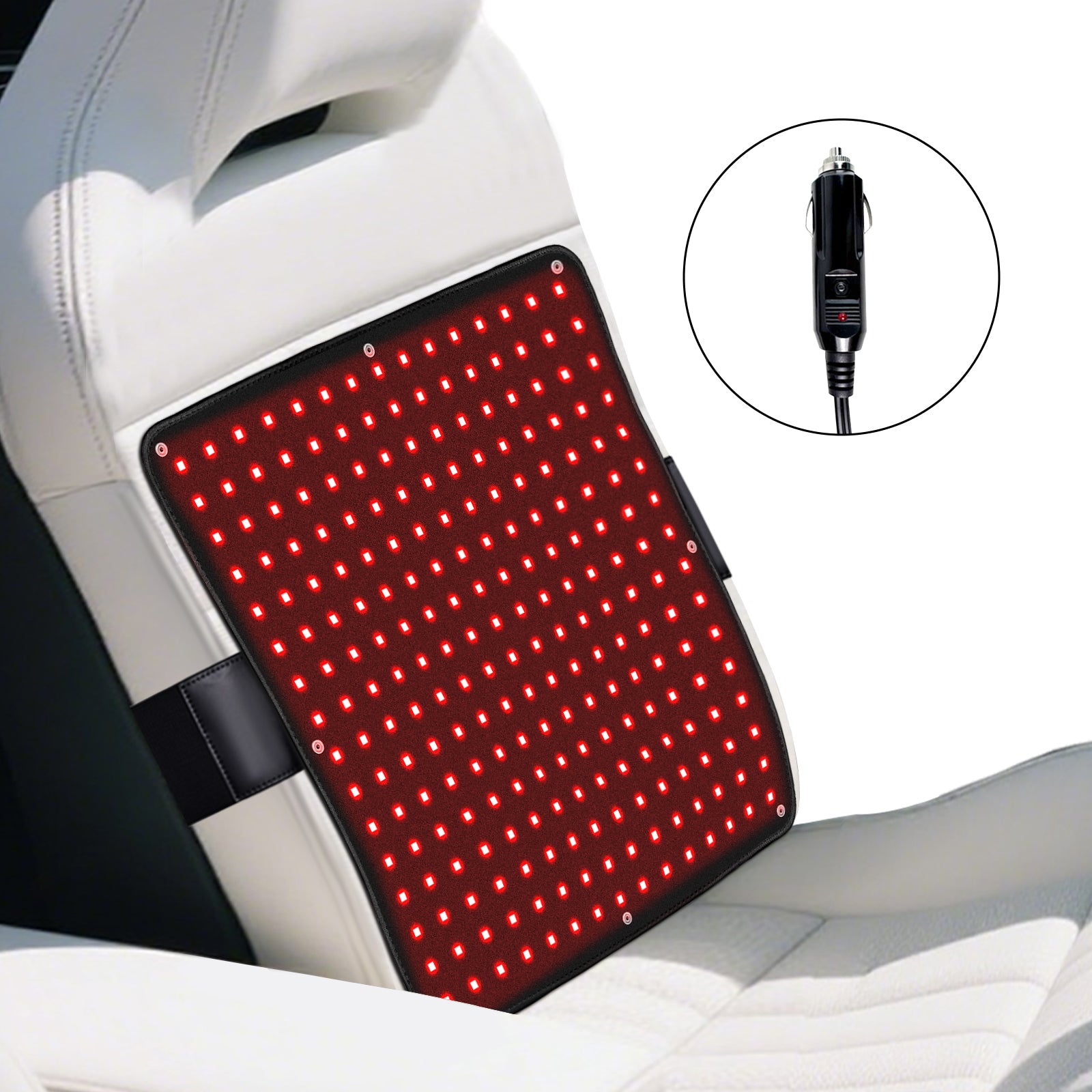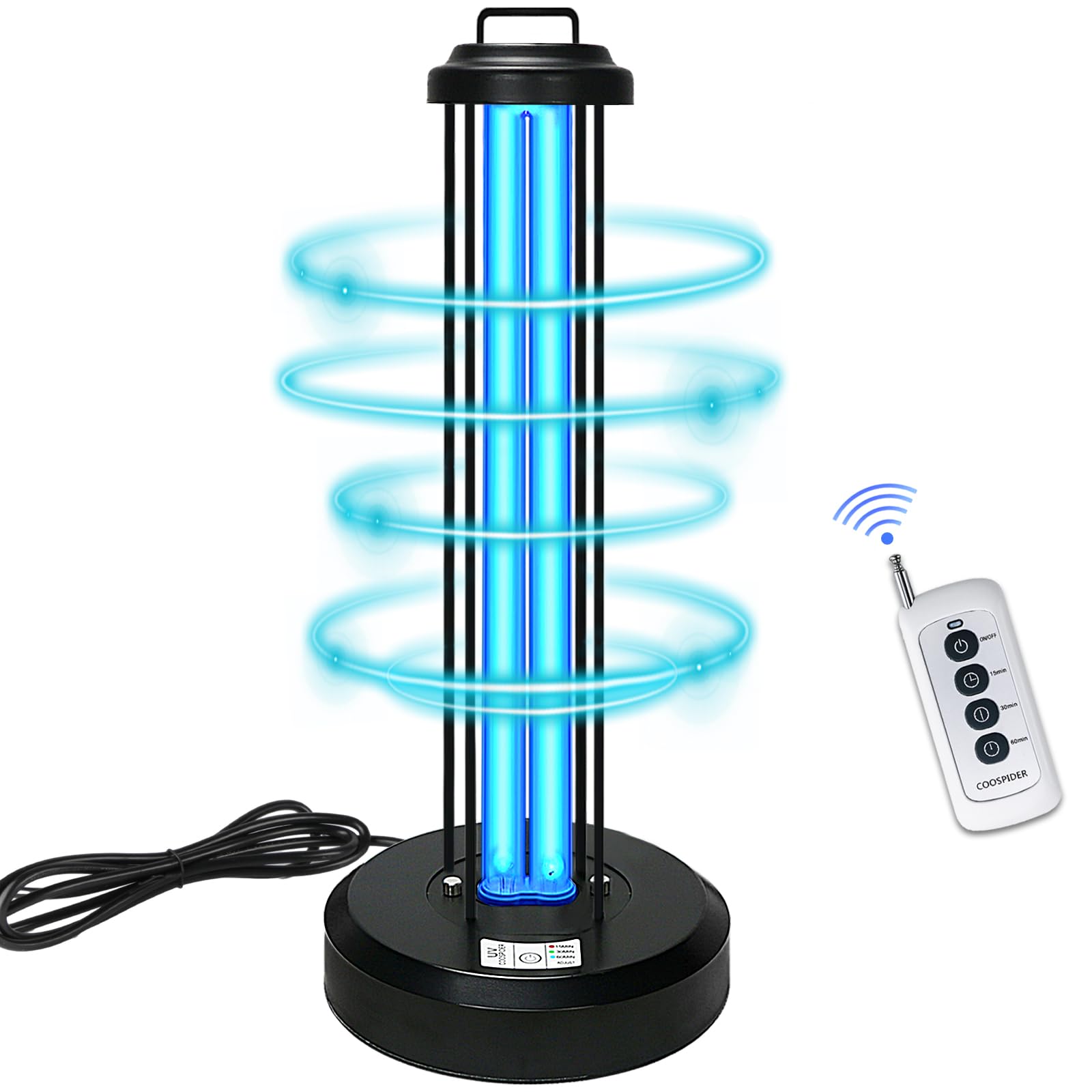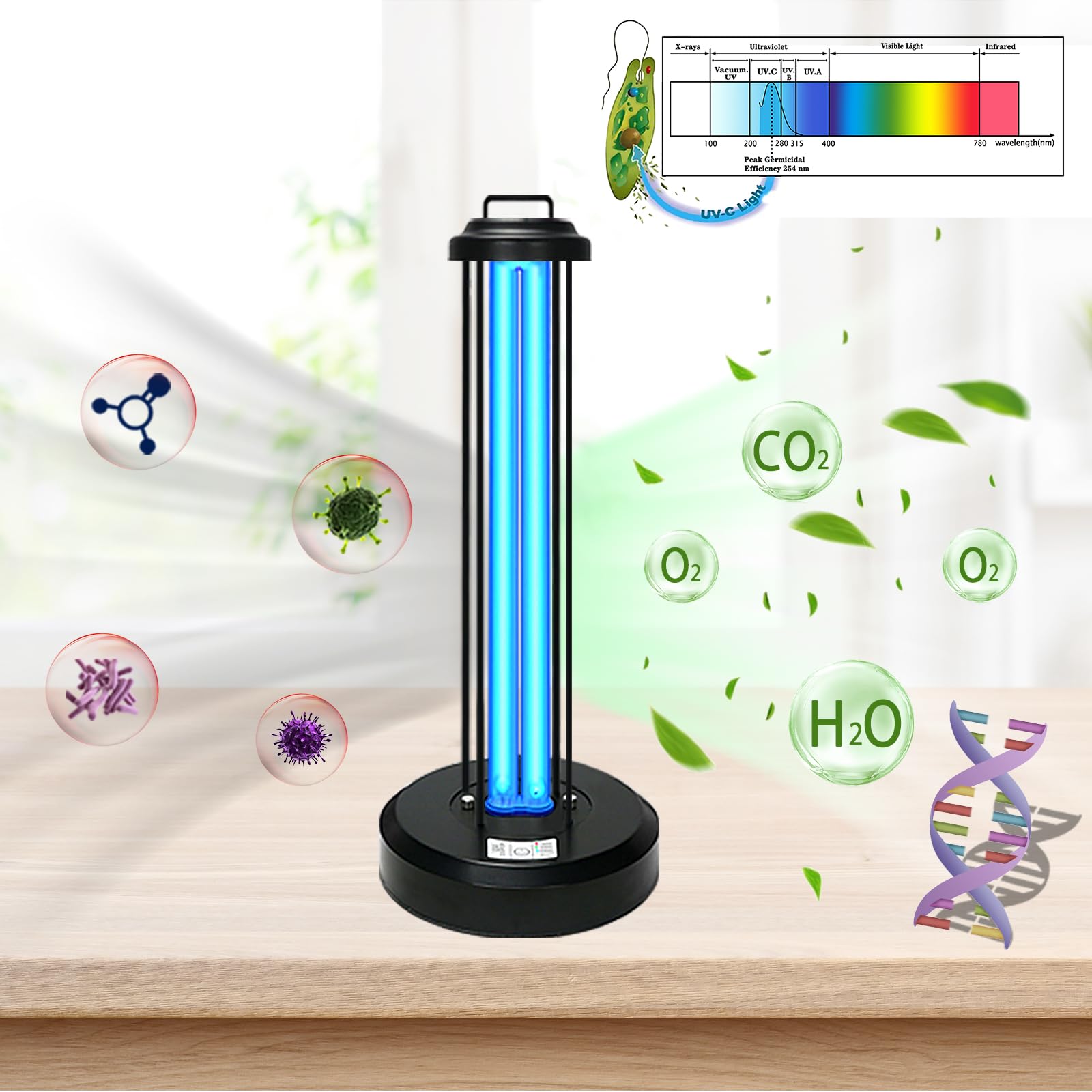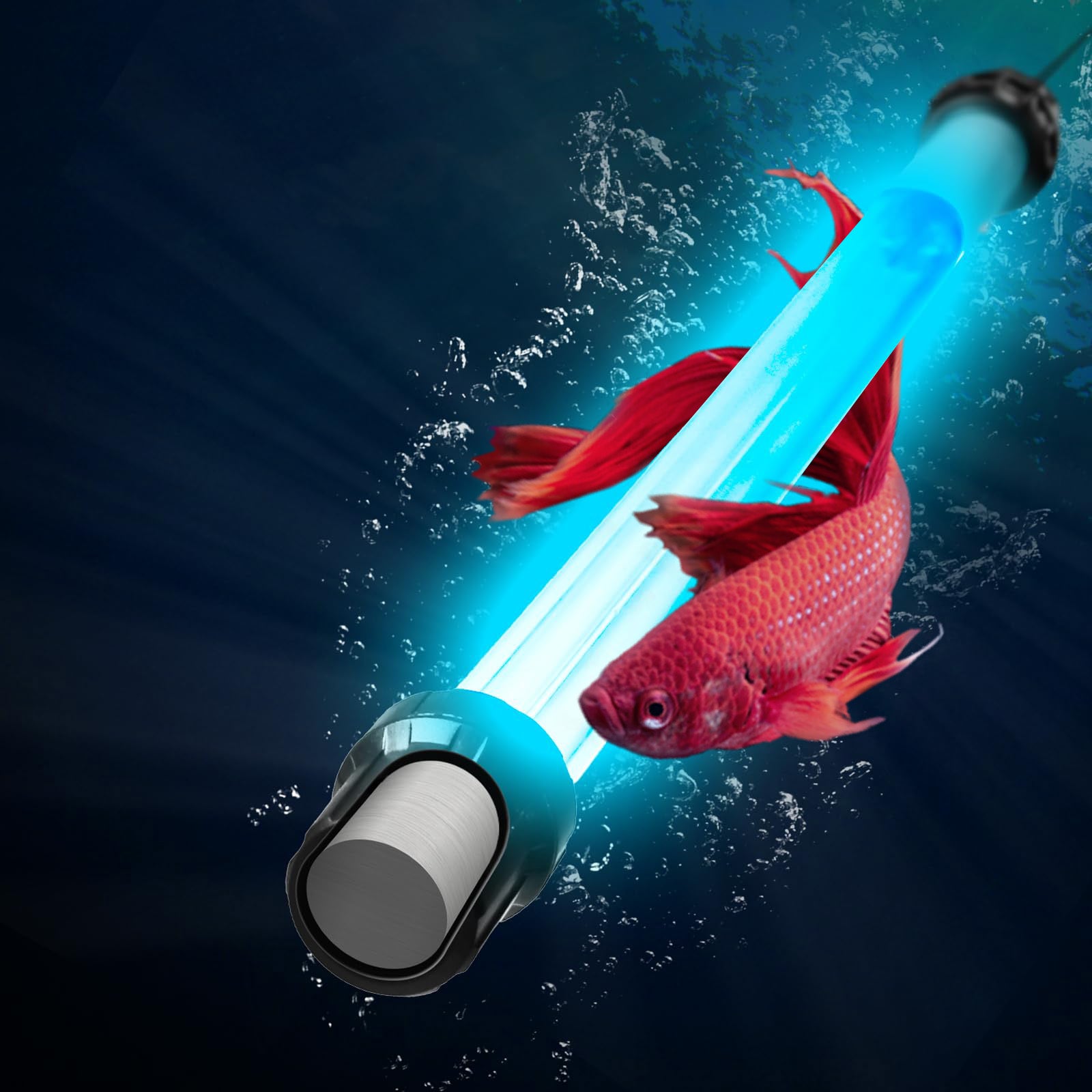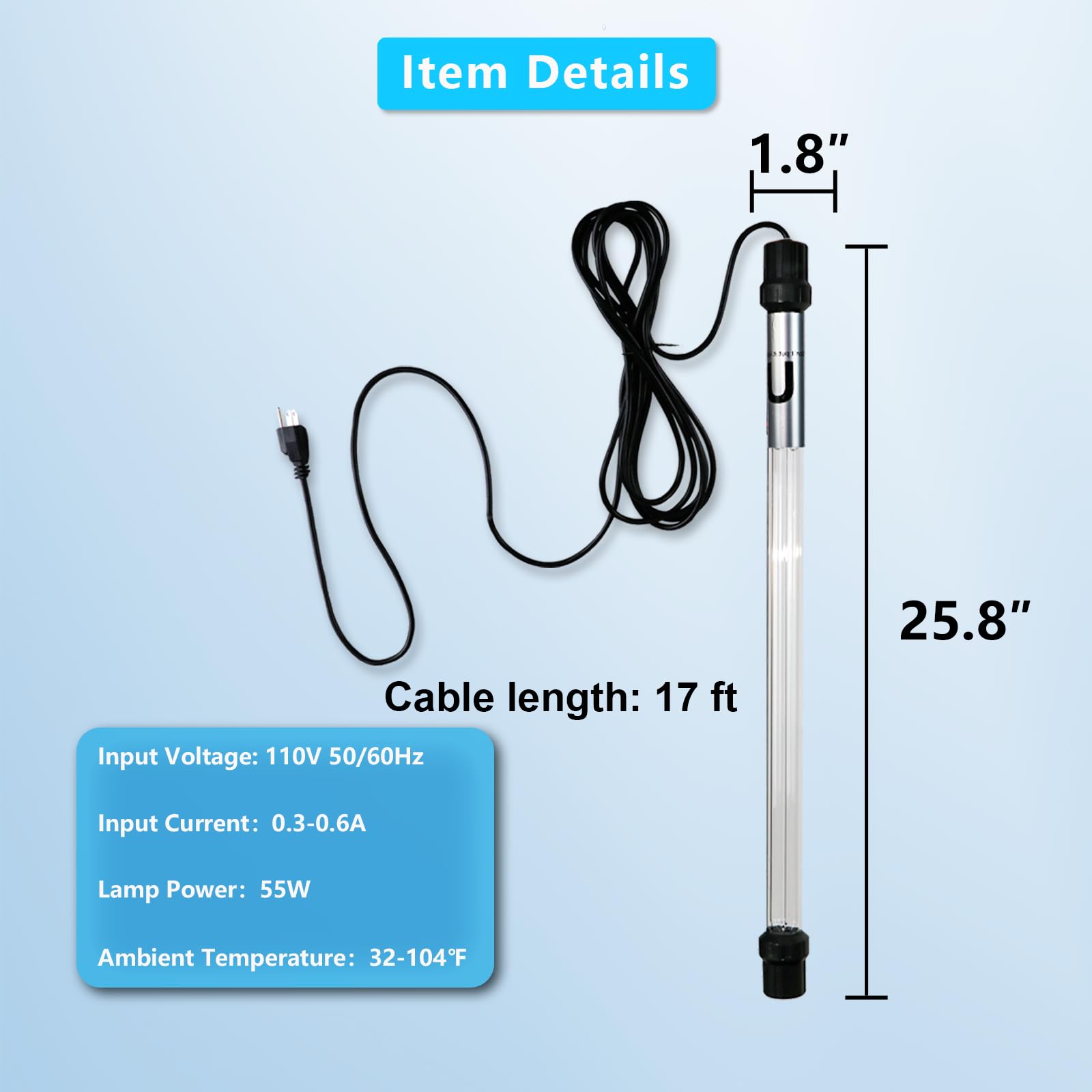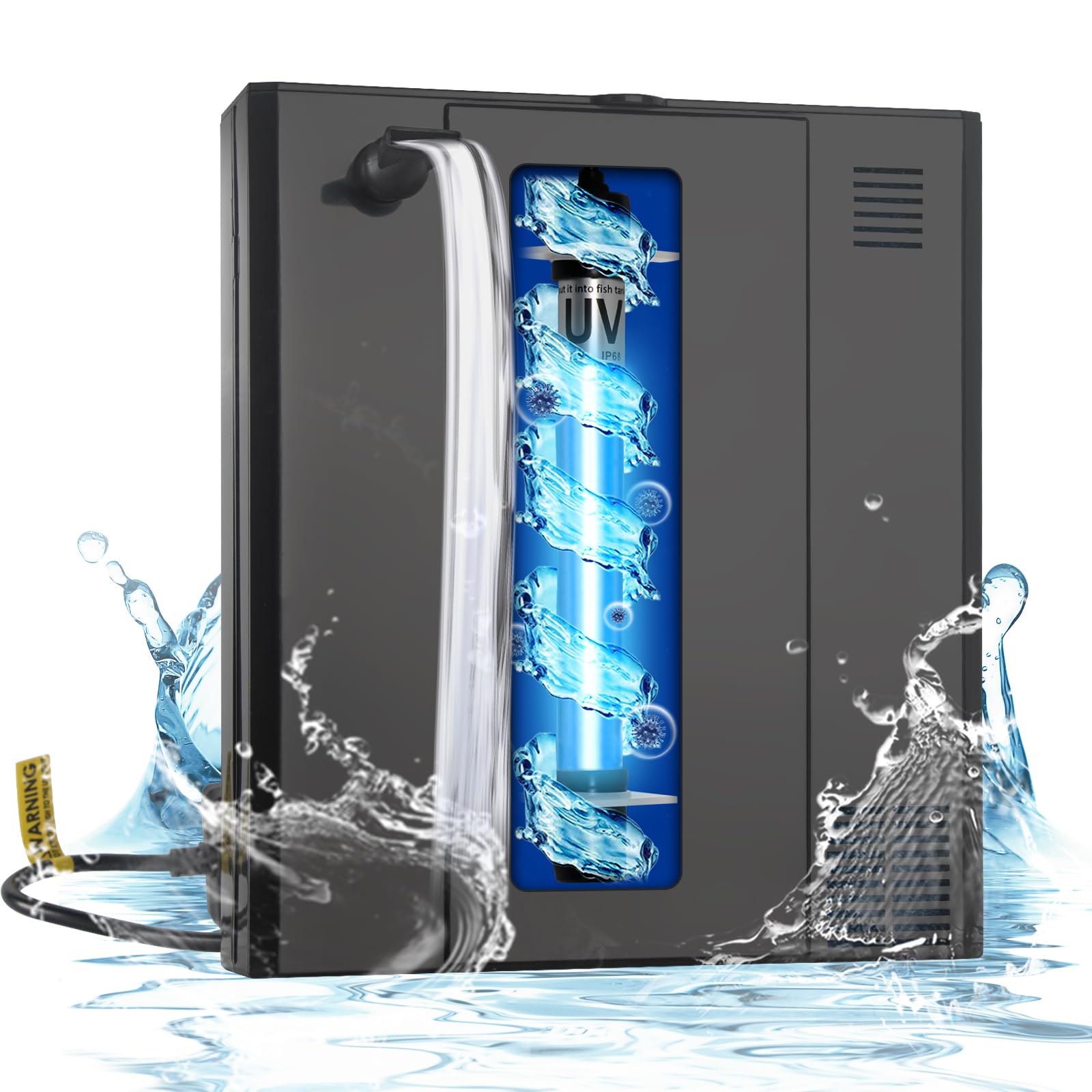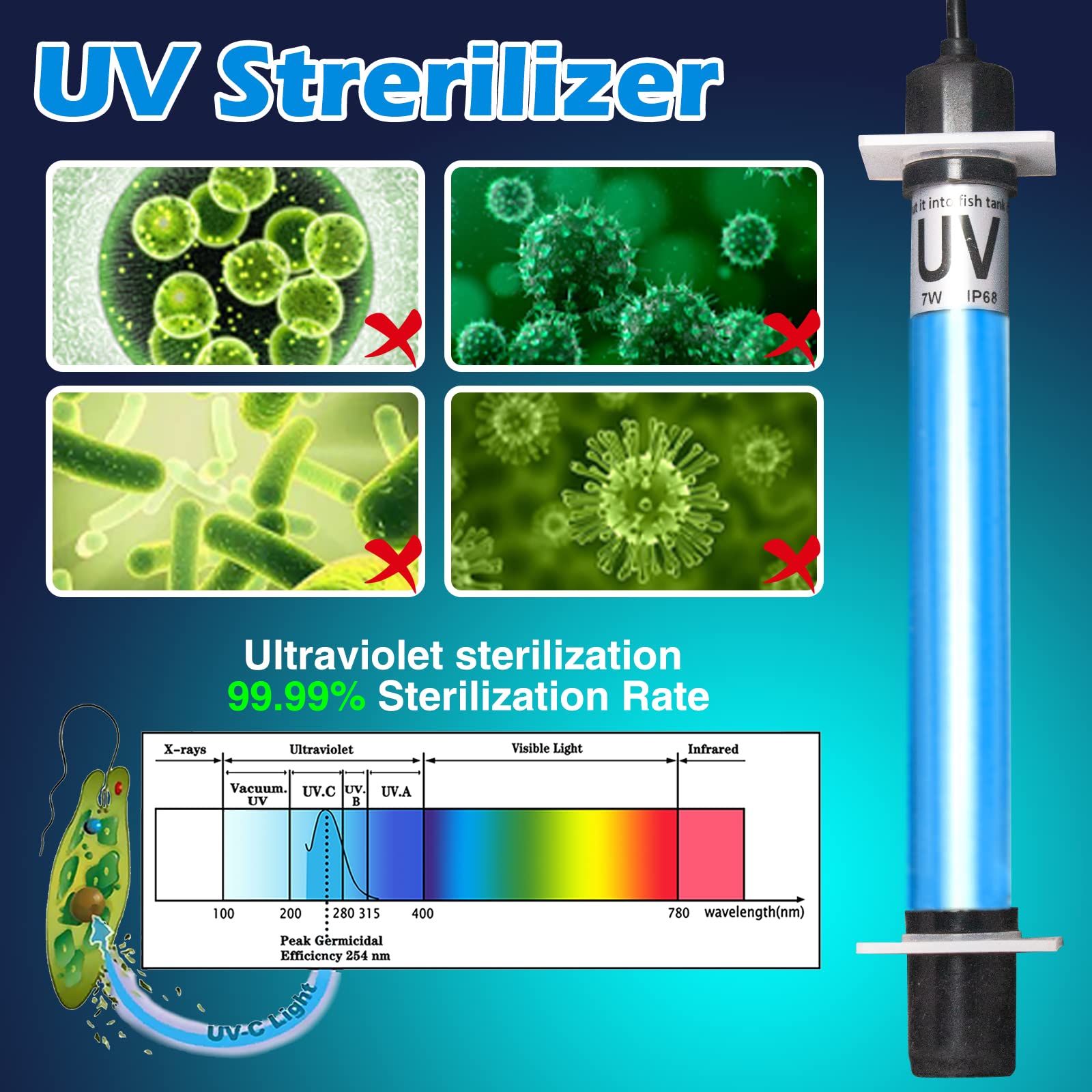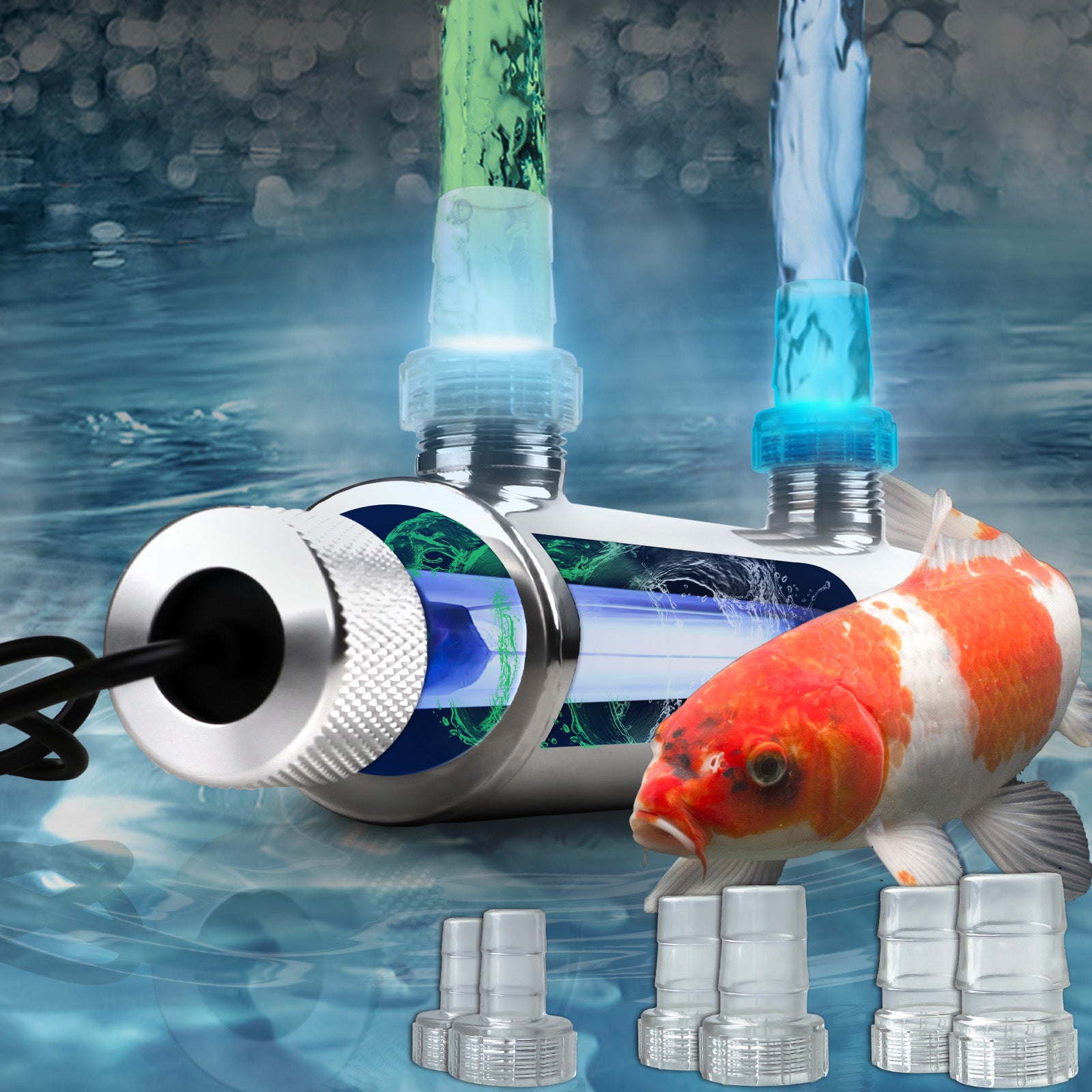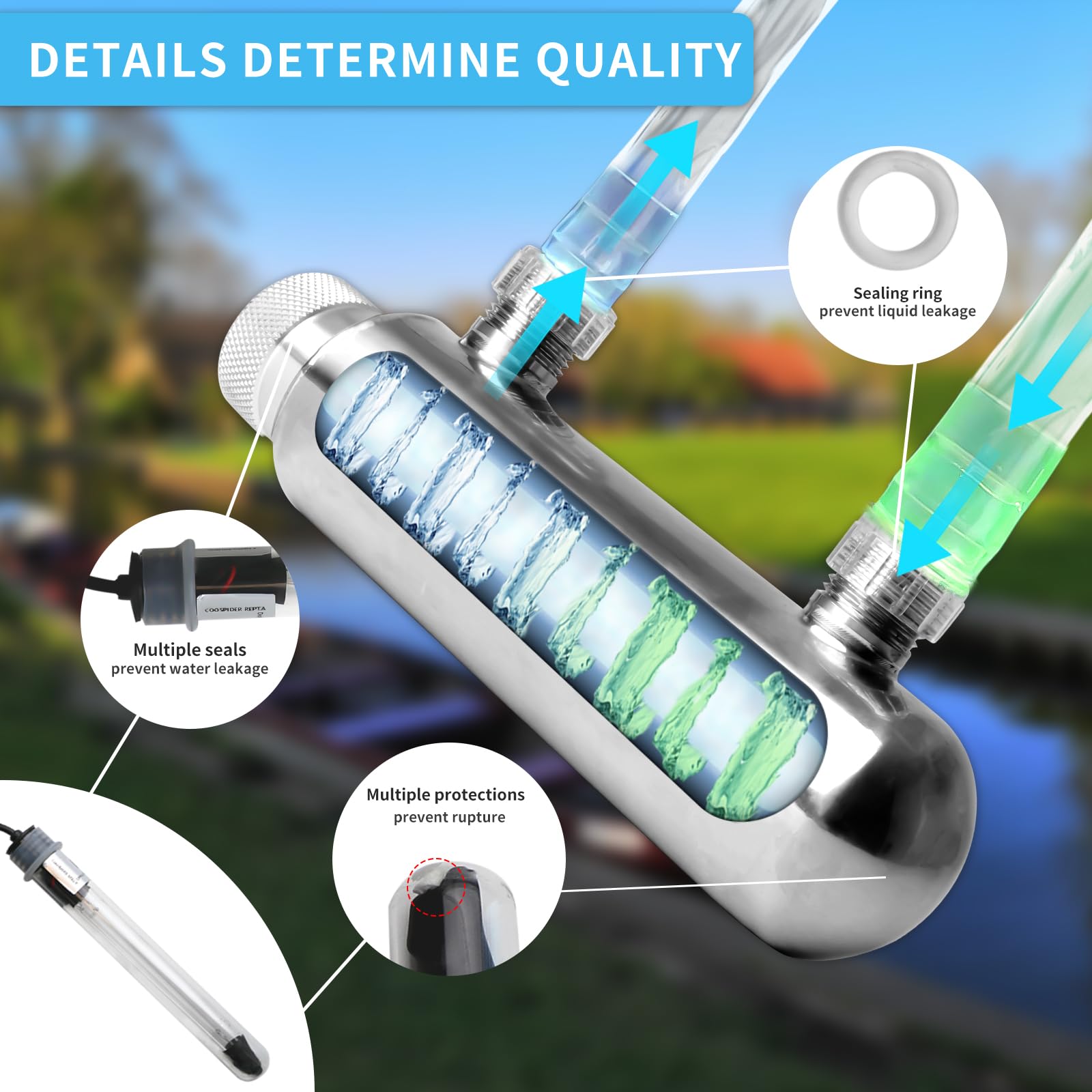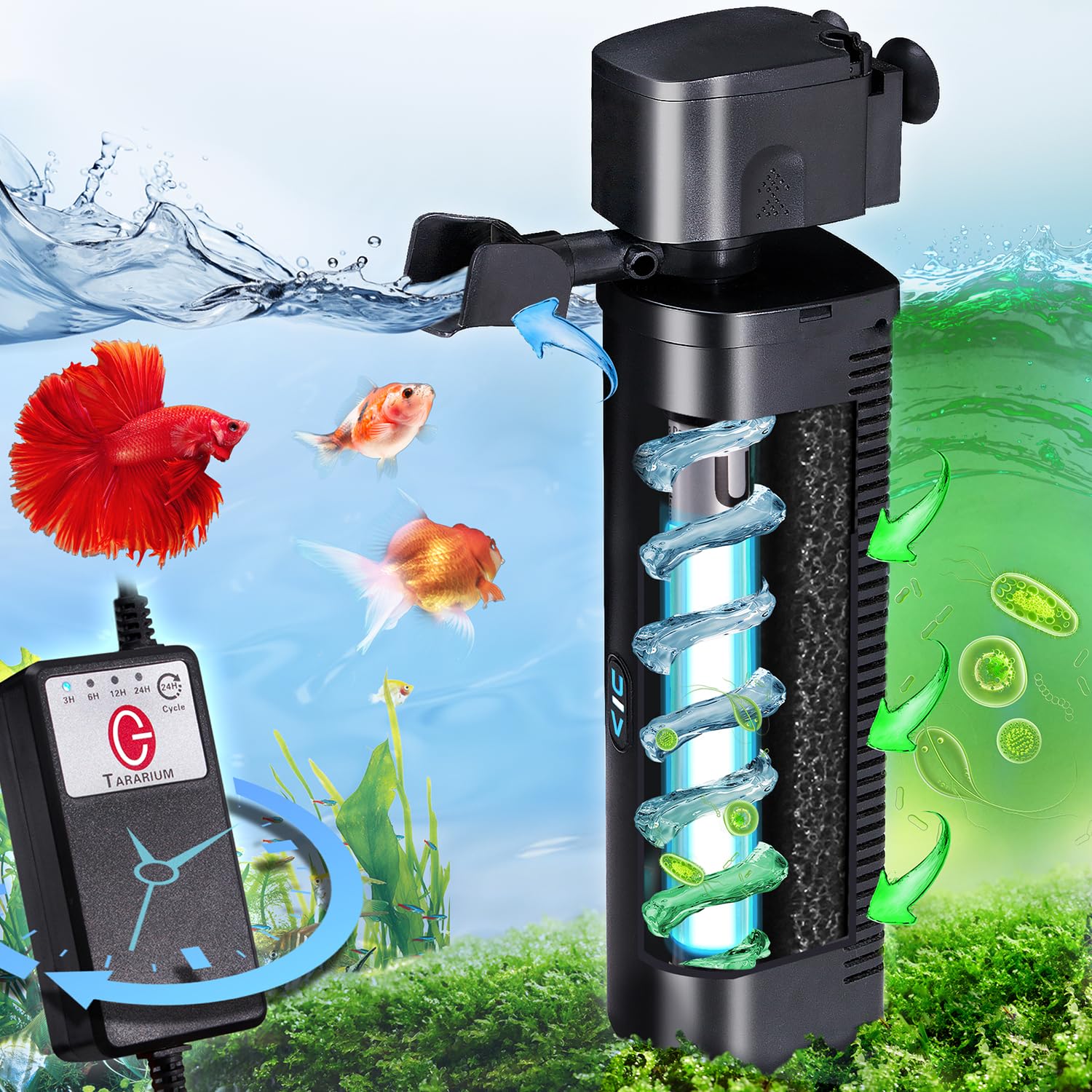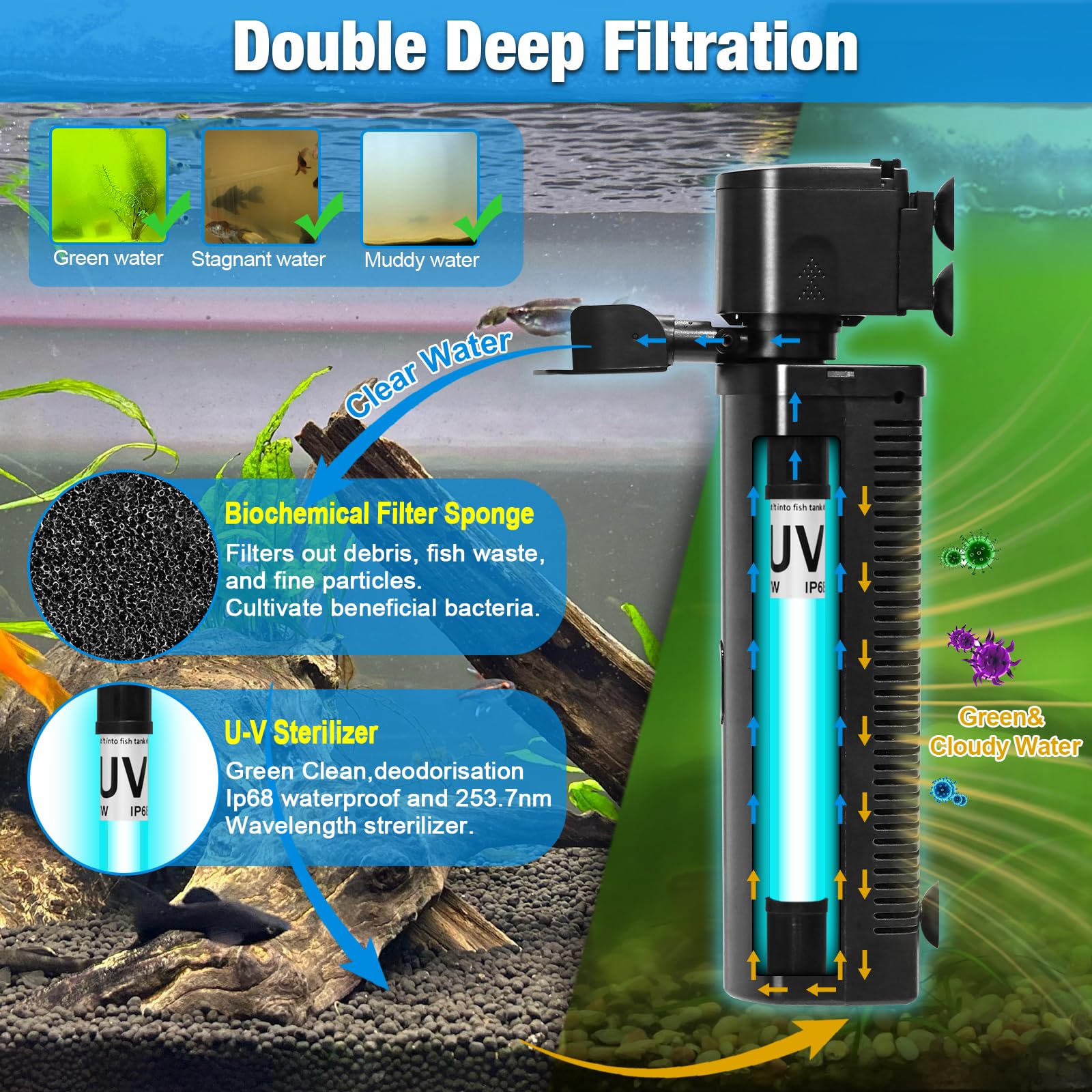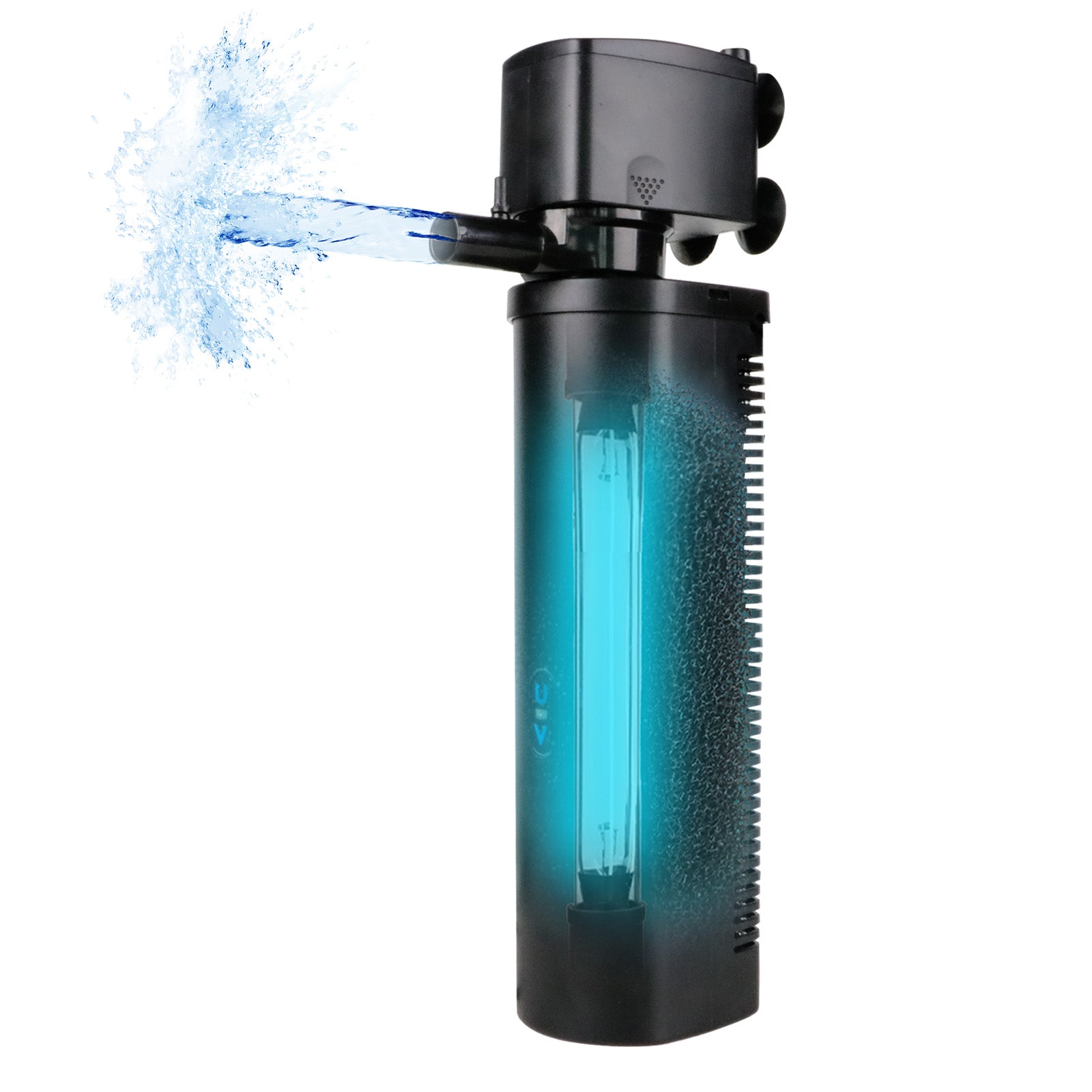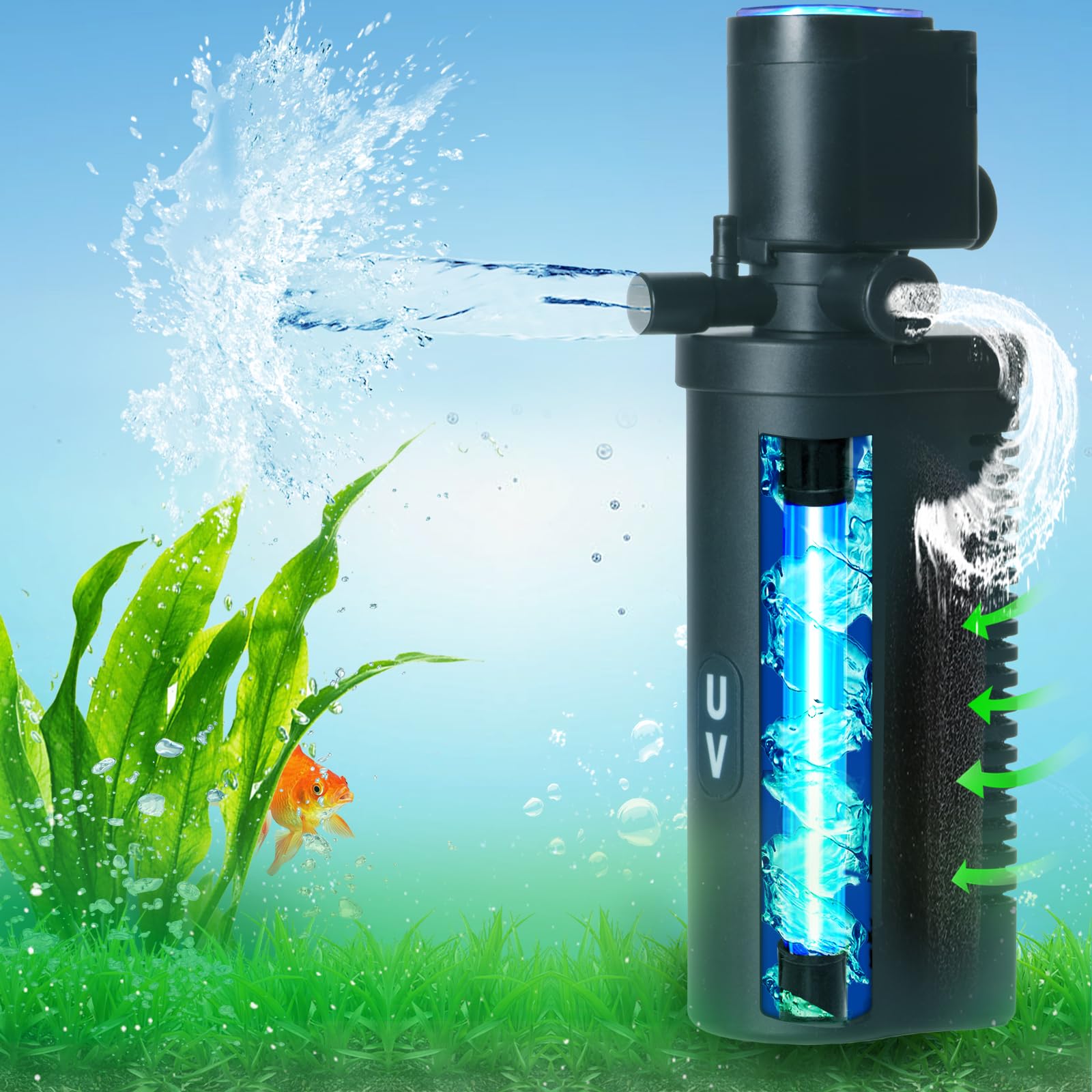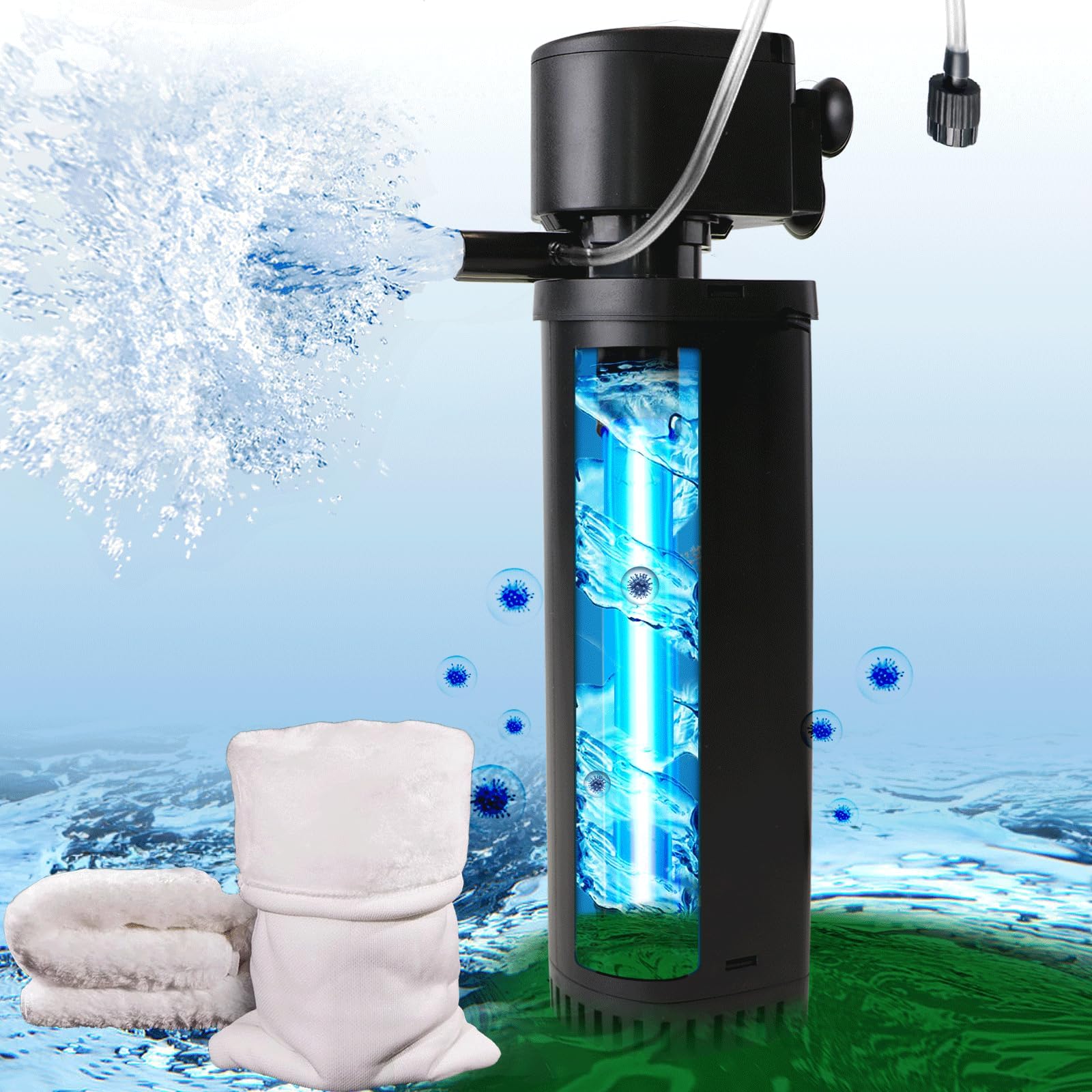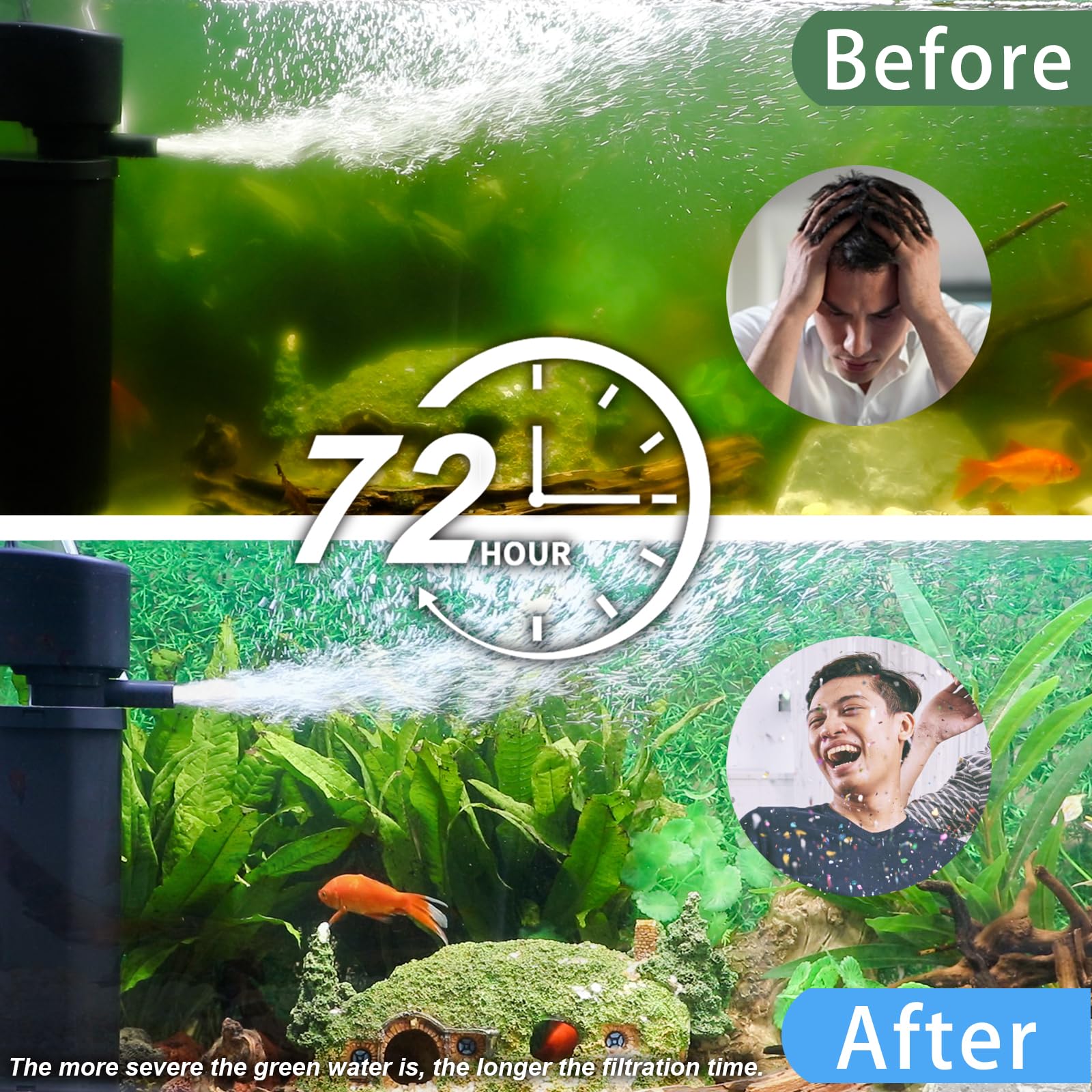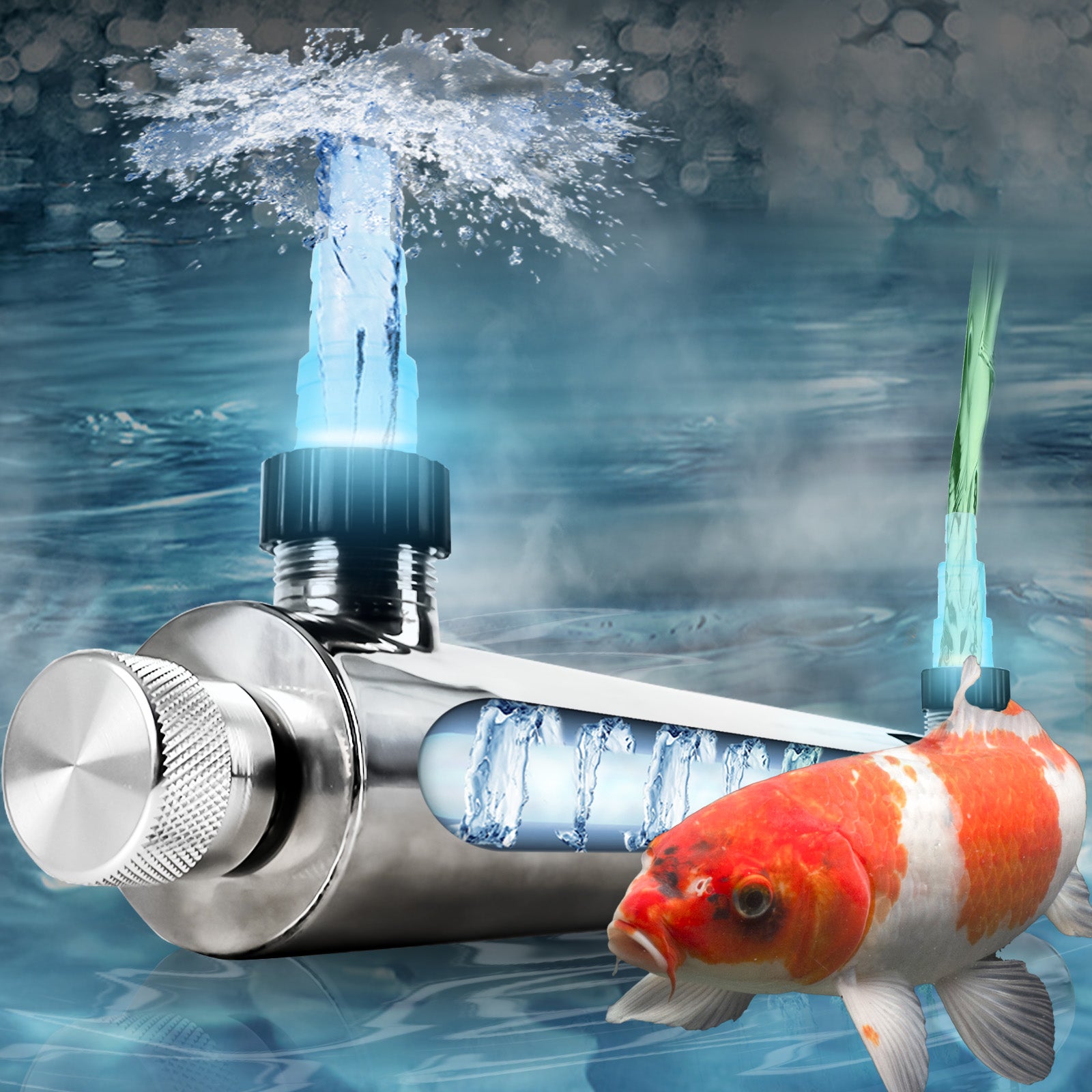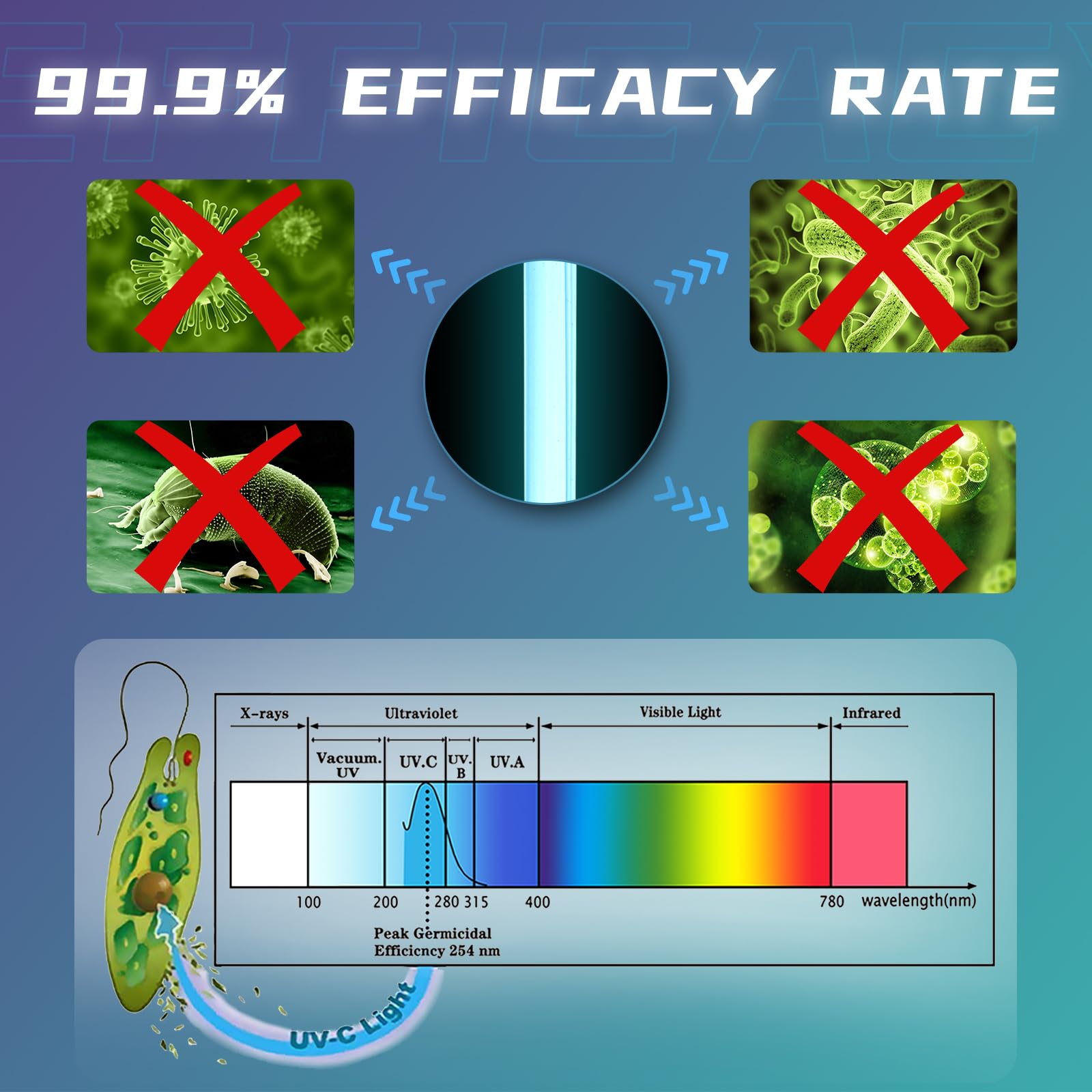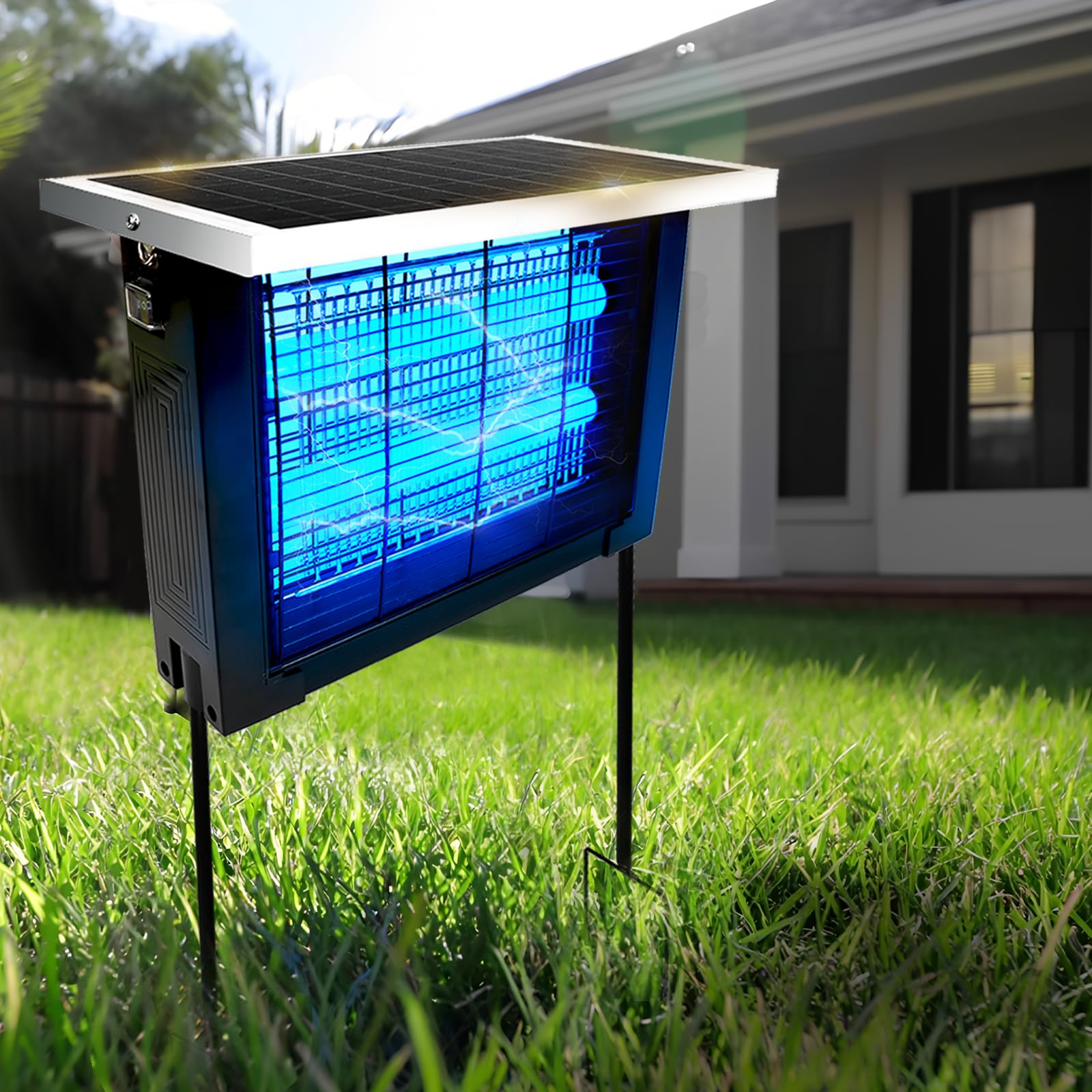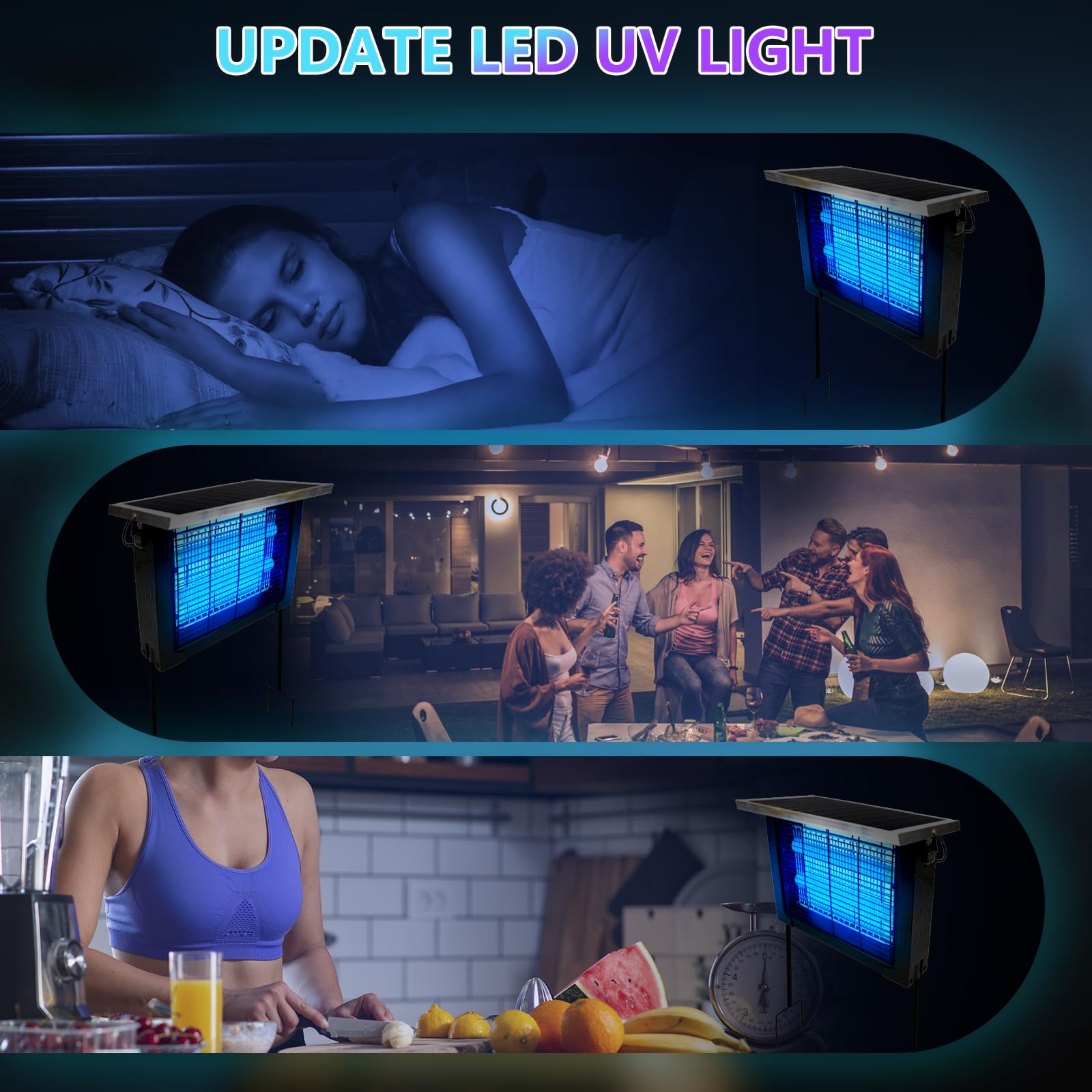The $500 Billion Contamination Crisis
When a single fungal spore halted COVID-19 vaccine production at a Maryland facility in 2021, costing $600 million in lost doses, the industry reached its breaking point. Traditional UV-C systems couldn’t run during human operations, while chemical fogging required 4-hour shutdowns. Enter 222nm far-UVC excimer lamps—the first light technology capable of continuous disinfection with human presence. Early adopters like Pfizer and Intel report 99.999% pathogen kill rates without operational interruptions.
Global Sterility Standards Evolution:

Chapter 1: Photon Physics Decoded - Why 222nm Changes Everything
The Goldilocks Wavelength Principle
Comparative Pathogen Destruction:
| Wavelength | Microbial Efficacy | Human Safety | Operational Continuity |
|---|---|---|---|
| 254nm (Traditional UV-C) | Excellent | Hazardous | Impossible with people |
| 405nm (Violet Light) | Moderate | Safe | Continuous |
| 222nm (Far-UVC) | Exceptional | Safe | Continuous |
The Biological Sweet Spot:
- Destroys Pathogens: Photons shred viral RNA/DNA at 5.6 eV energy
- Spares Humans: Absorbed by dead skin layer/cornea (<0.2mm penetration)
- No Resistance: Physical destruction vs. chemical adaptation
Columbia University Proof: 222nm reduced airborne coronaviruses by 98% in occupied rooms.
Chapter 2: The Excimer Engine - Inside the Light Source Revolution
Krypton-Chloride (KrCl) Lamp Anatomy
graph TB
A[High Voltage Pulse] --> B[Kr/Cl<sub>2</sub> Gas Mix]
B --> C[Excimer Formation]
C --> D[222nm Photon Emission]
D --> E[Dielectric Barrier Discharge]Technical Superiority vs. Alternatives:
| Parameter | Excimer Lamps | LED UVC | Mercury Lamps |
|---|---|---|---|
| Wavelength Accuracy | ±1nm | ±15nm | ±7nm |
| Lifetime | 9,000 hrs | 500 hrs | 2,000 hrs |
| Instant Restrike | Yes | No | 5-15 min |
| Ozone Production | 0.01 ppm | None | 50 ppm |
Thermal Management Breakthrough:
- Liquid-cooled electrodes enable 24/7 operation
- Power density: 15 mW/cm² at 1 meter (vs. 0.5 mW/cm² for LEDs)
Chapter 3: Installation Architecture - Reinventing Cleanroom Design
The 3-Zone Protection Model
1. Air Handling Units:
- Lamps sterilize airflow at 10 m/s velocity
- 6-log reduction of 0.3μm particles
2. Worksurface Arrays:
- Overhead grids at 2.4m height
- 360° coverage with parabolic reflectors
3. Personnel Barriers:
- Portal systems disinfect gloves/gowns between zones
- Dose: 20 mJ/cm² for 5-second exposure
Case Study: TSMC’s Fab 18 Upgrade:
- Reduced particle excursions by 92%
- Saved $47 million/year in HEPA filter changes
- Cut gowning time by 70% with portal systems
Chapter 4: Validation Protocols - Proving Microbial Annihilation
ISO 14698-1 Compliance Framework
Testing Methodology:
1. **Bioaerosol Challenge:**
- Release 10⁶ CFU/m³ of _B. subtilis_ spores
- Measure kill rate at 1m/min intervals
2. **Surface Validation:**
- Stainless steel coupons inoculated with _M. luteus_
- Swab testing pre/post 222nm exposure
3. **Material Compatibility:**
- 5,000-hr exposure of polymers/electronics
- FTIR analysis for degradation FDA-Accepted Results:
| Pathogen | Dose (mJ/cm²) | Log Reduction |
|---|---|---|
| SARS-CoV-2 | 5.2 | 4.7 |
| MRSA | 8.1 | 6.2 |
| Aspergillus niger | 12.7 | 5.1 |
| T7 Bacteriophage | 3.8 | 5.9 |
Chapter 5: ROI Calculations - The Hard Economics of Photonics
Pharma Plant Cost-Benefit Analysis
| Cost Factor | Traditional UV | 222nm Excimer | Delta |
|---|---|---|---|
| Installation | $380,000 | $620,000 | +63% |
| Energy Use | 42 kW/h | 28 kW/h | -33% |
| Maintenance | $170,000/yr | $55,000/yr | -68% |
| Contamination Events | 3.7/yr | 0.2/yr | -95% |
| 5-Year Total | $2.1M | $1.3M | -38% |
Operational Gains:
- 24/7 disinfection vs. 4hr nightly cycles
- Zero chemical consumables
- 15% faster changeovers
Chapter 6: Safety Engineering - Protecting People First
The 4-Pillar Safety Protocol
1. Dosimetry Control:
- Real-time radiometers cut power at 15 mJ/cm² exposure
2. Optical Filtering:
- Bandpass filters block >230nm emissions
3. Position Awareness:
- LiDAR detects personnel proximity
4. Failure Modes:
- Redundant shutters engage on fault detection
NIOSH-Approved Exposure Limits:
- Eye: 23 mJ/cm² per 8hr shift
-
Skin: 160 mJ/cm² per 8hr shift
(Actual systems operate at <3% of limits)
Chapter 7: Global Regulatory Landscape
Standards Convergence Timeline:

Key Certifications:
- IEC 62471 Photobiological Safety
- UL 8800 Germicidal Systems
- ISO 15858 Far-UVC Safety
Chapter 8: Future Horizons - Next-Gen Applications
Beyond Cleanrooms
1. Food Processing:
- Conveyor-mounted lamps reduce Salmonella by 99.7% on poultry
2. Healthcare:
- OR ceiling systems cut SSIs by 52% (Johns Hopkins trial)
3. Public Transport:
- NYC subway trial reduced surface pathogens by 94%
4. Water Treatment:
- Flow-through reactors disinfect at 500 GPM
The Unseen Guardian
At Pfizer’s North Carolina facility, 222nm lamps glow with soft blue light above vaccine filling lines. Workers below need no goggles or timers—just the assurance that every cubic centimeter of air receives 22 J/m² per hour of sterilizing energy. As vials whiz by at 300/minute, the lamps perform 8.7 quadrillion molecular executions per second on invisible threats.
"We don't disinfect between shifts anymore—we disinfect during life."
— Dr. Aris Thallas, VP Global Engineering, Pfizer
